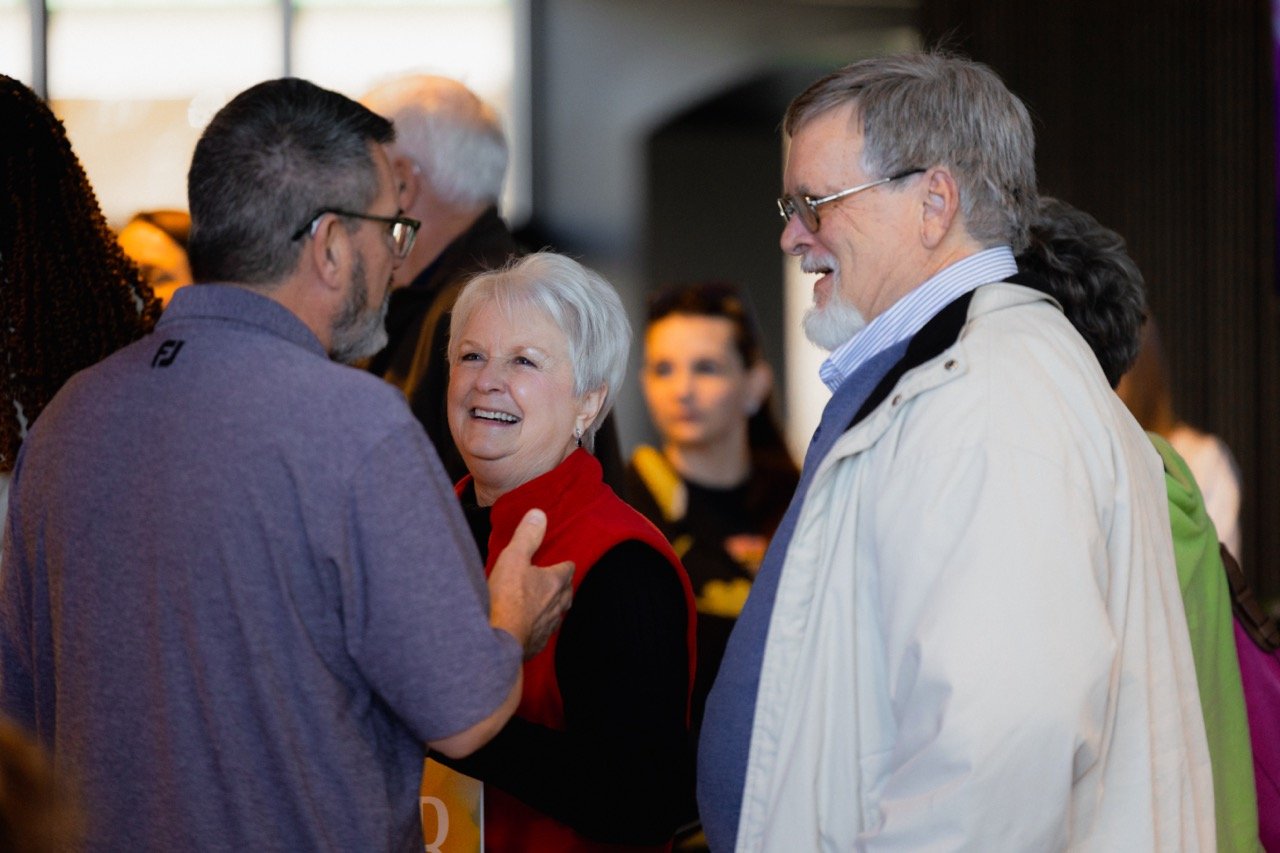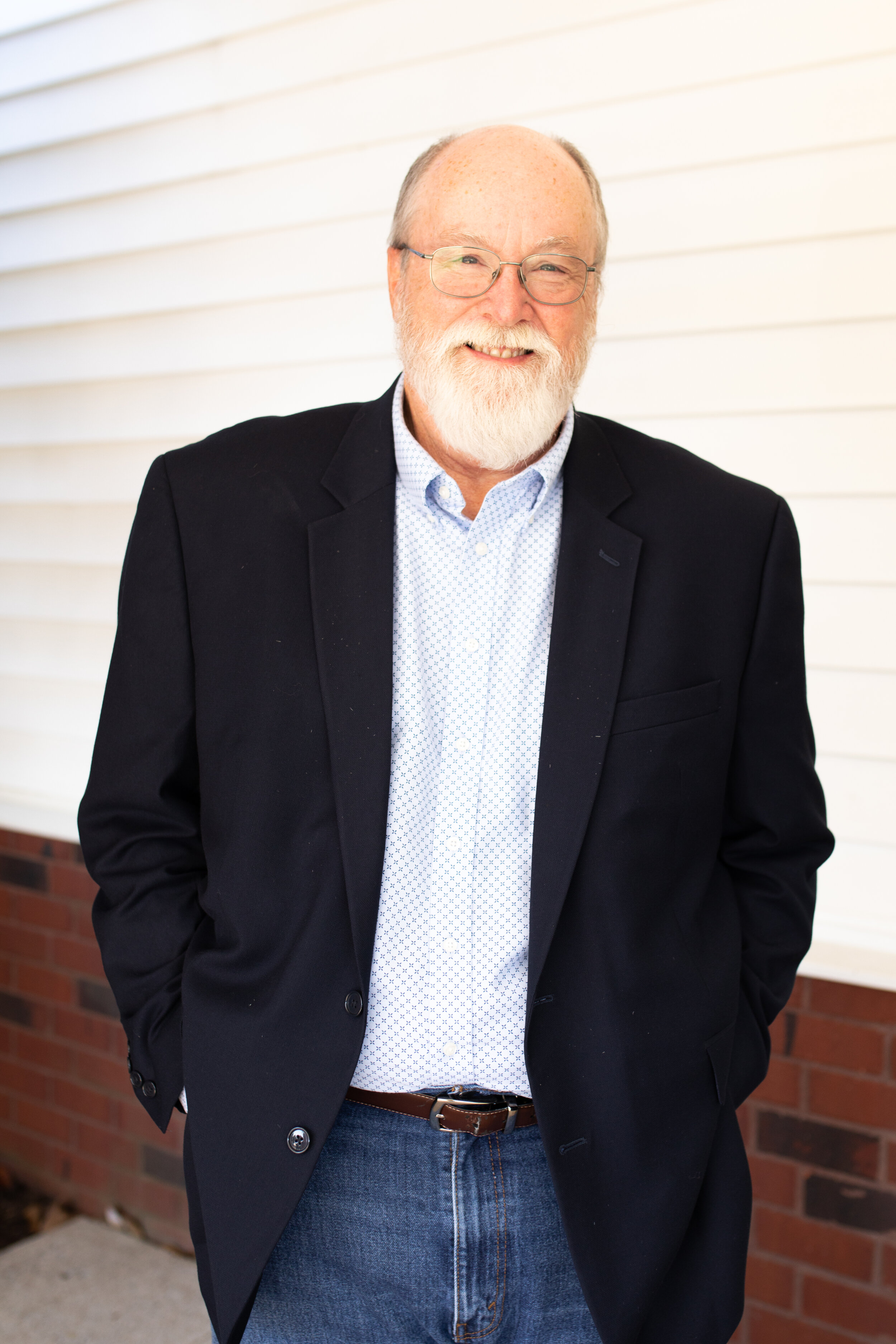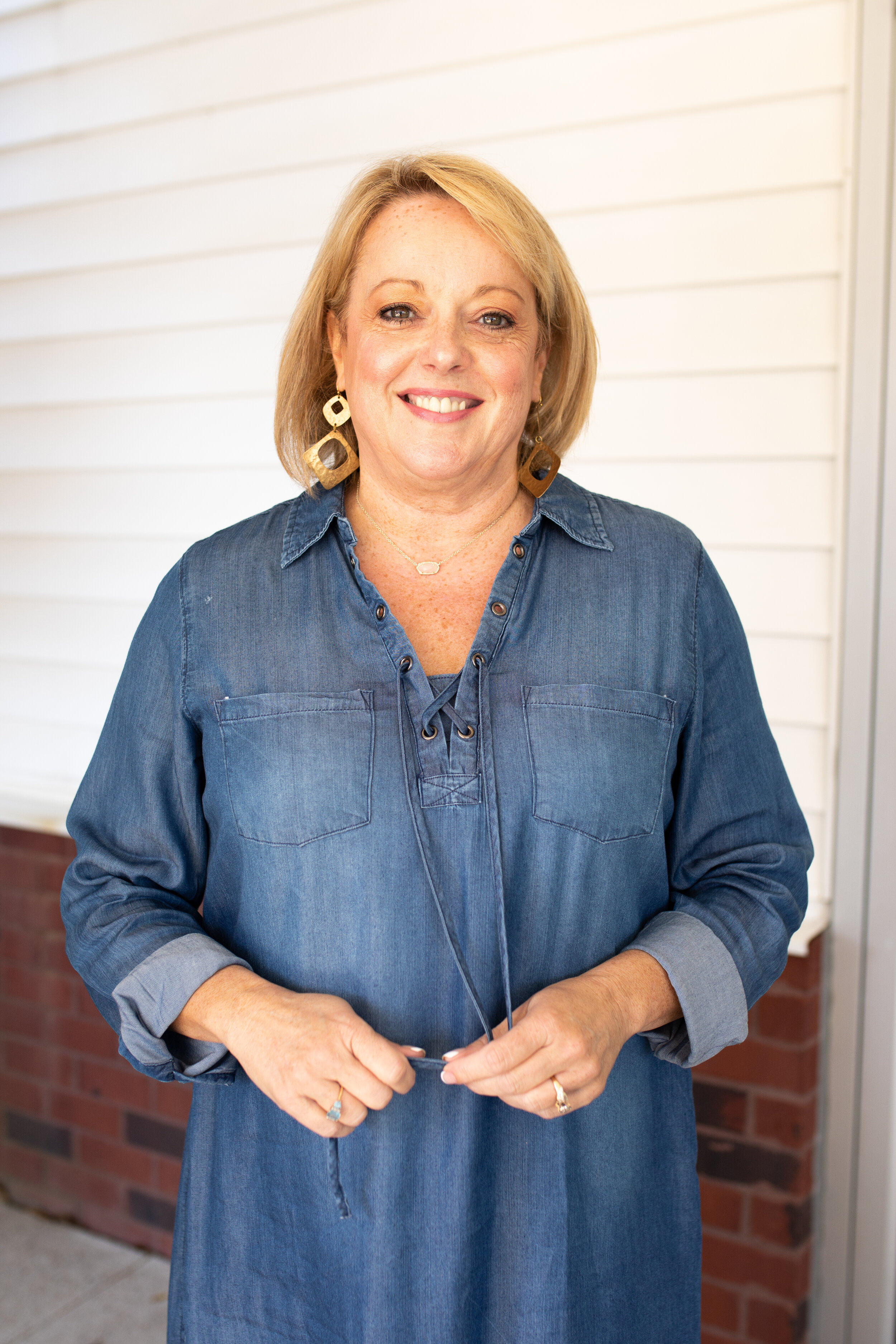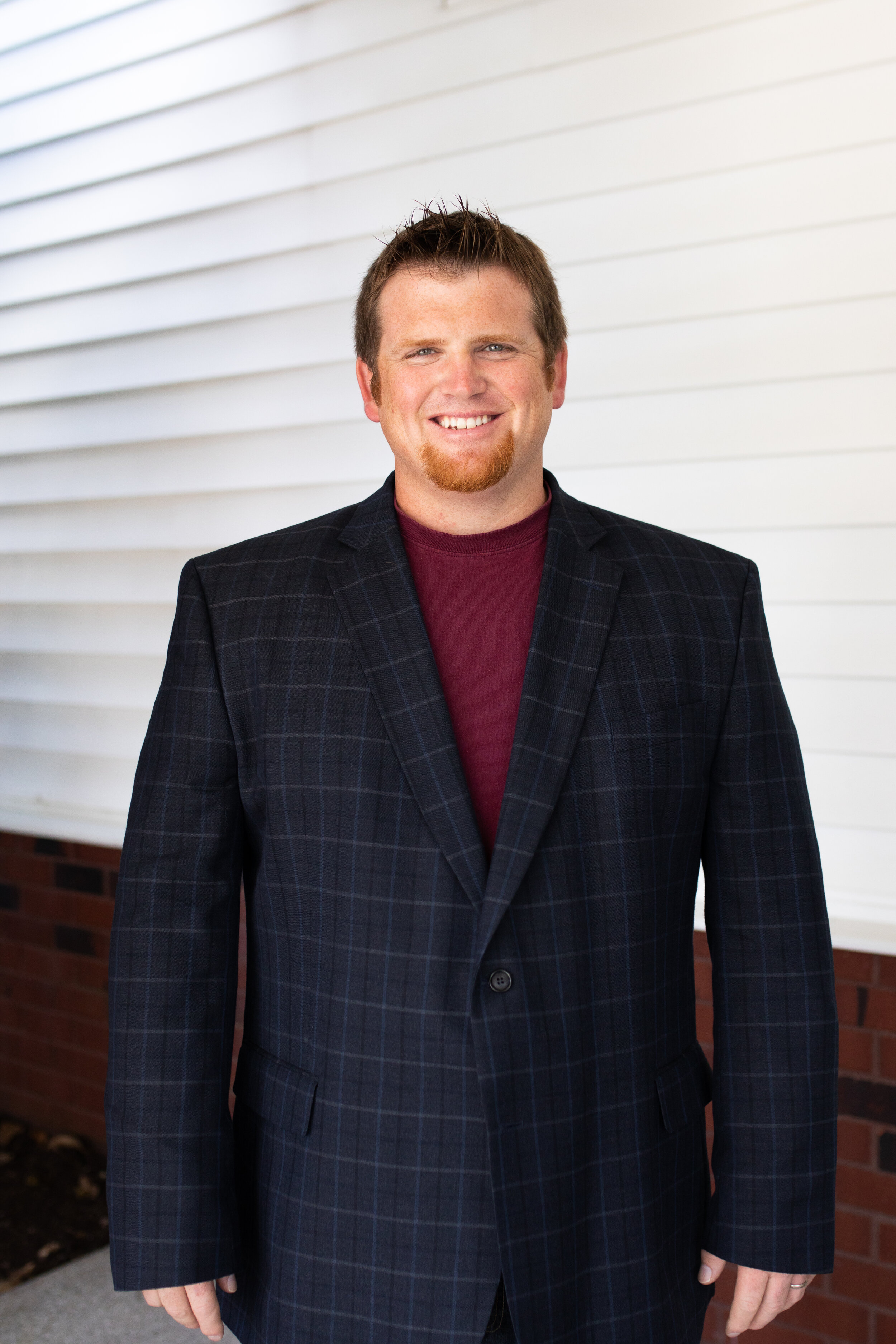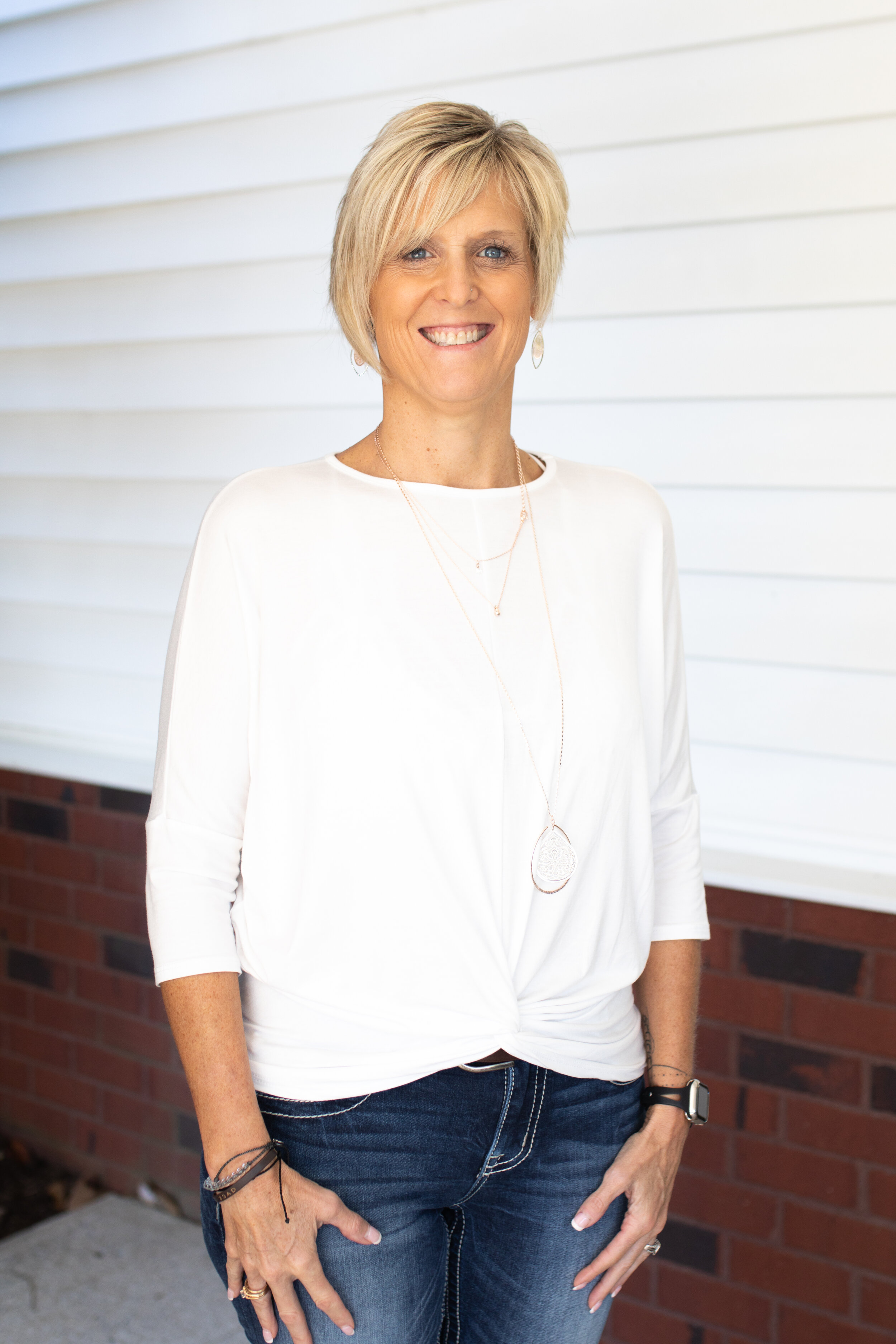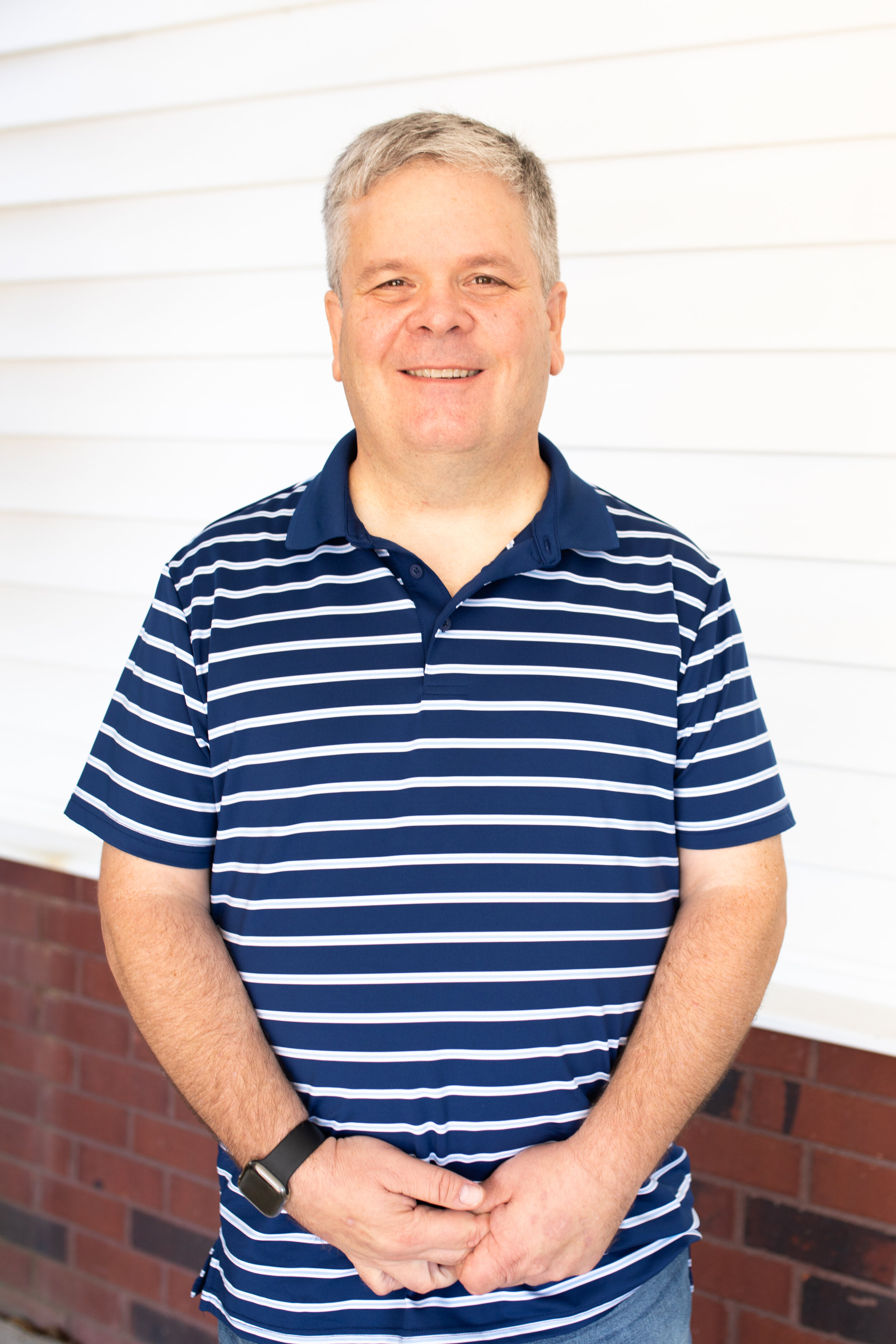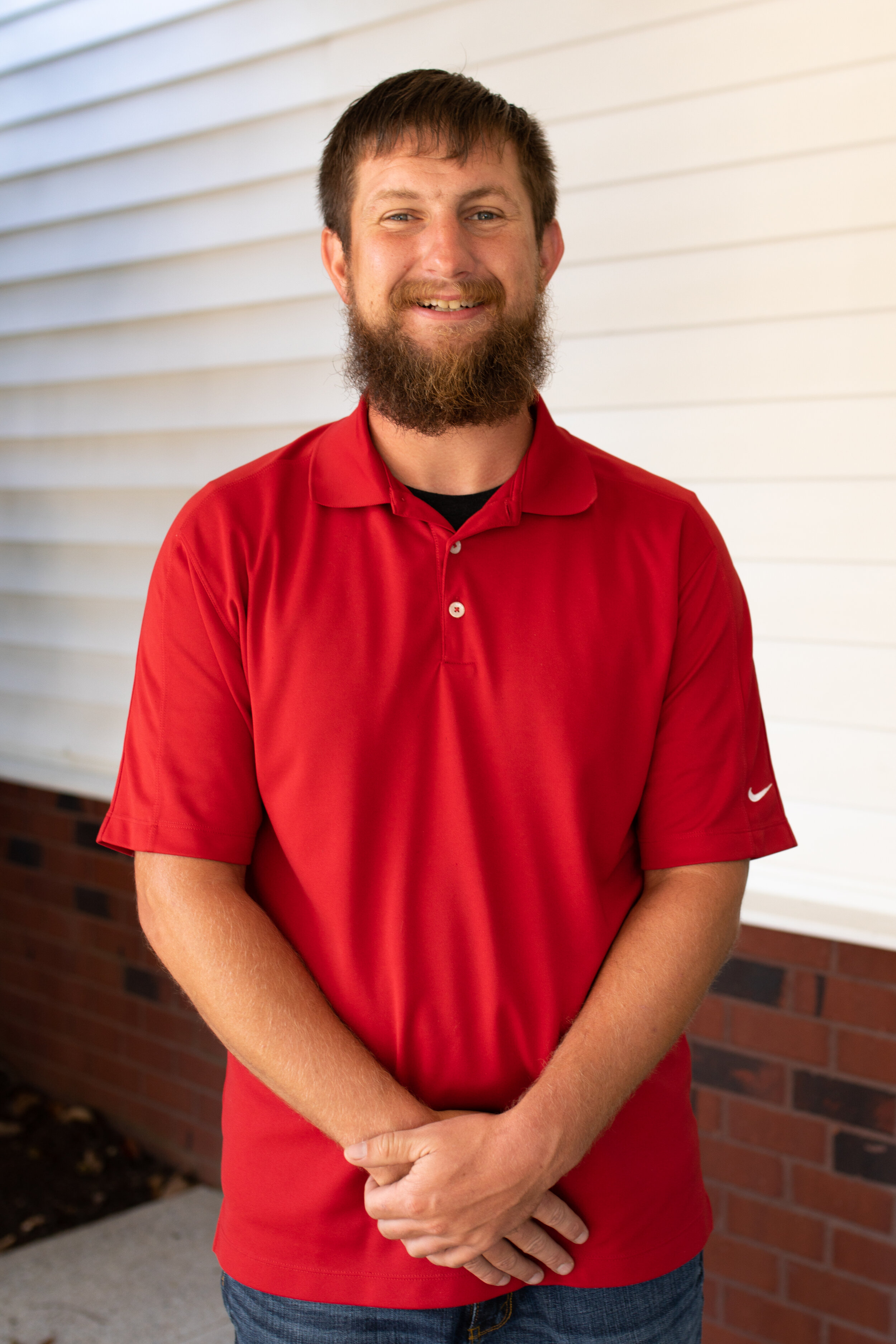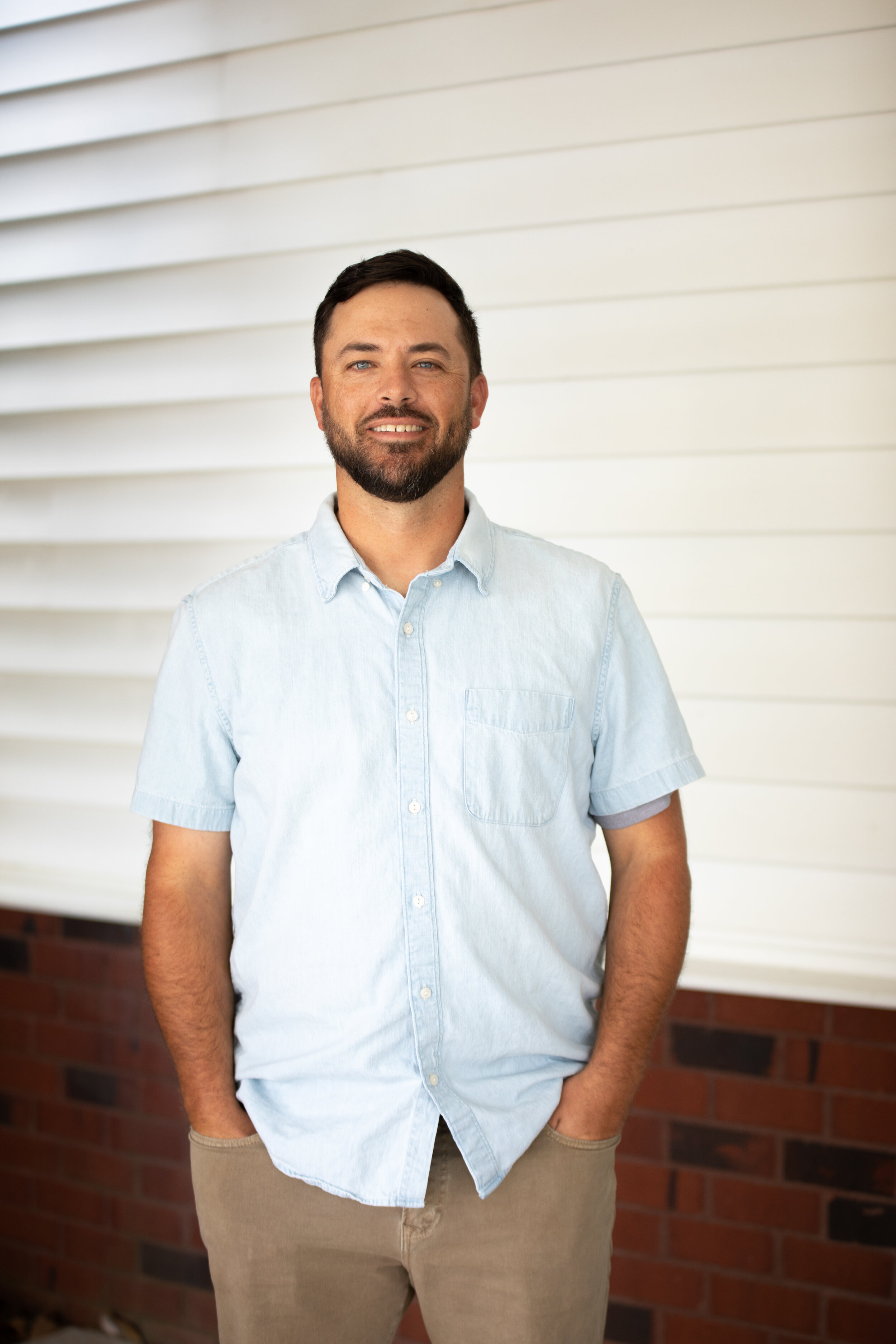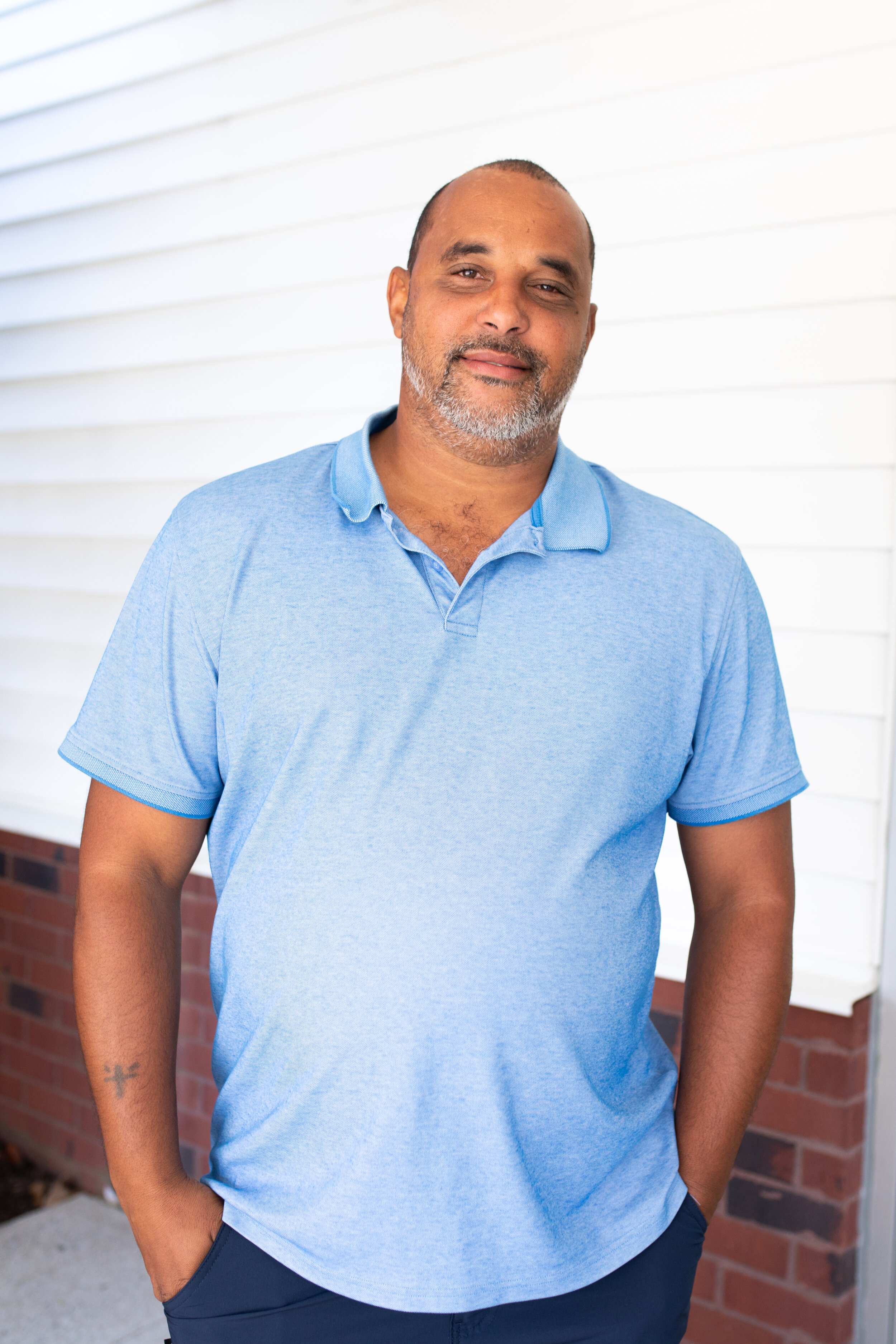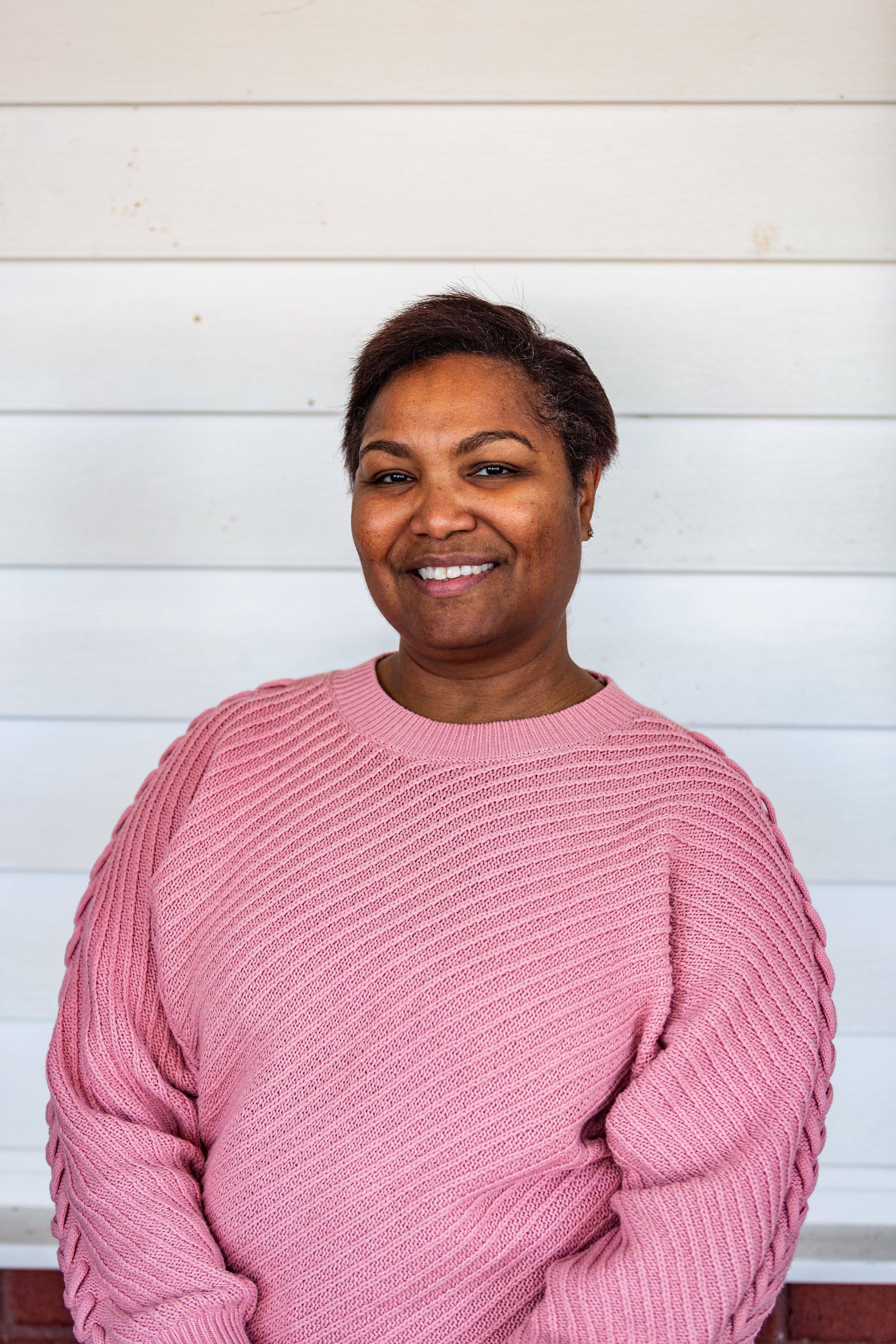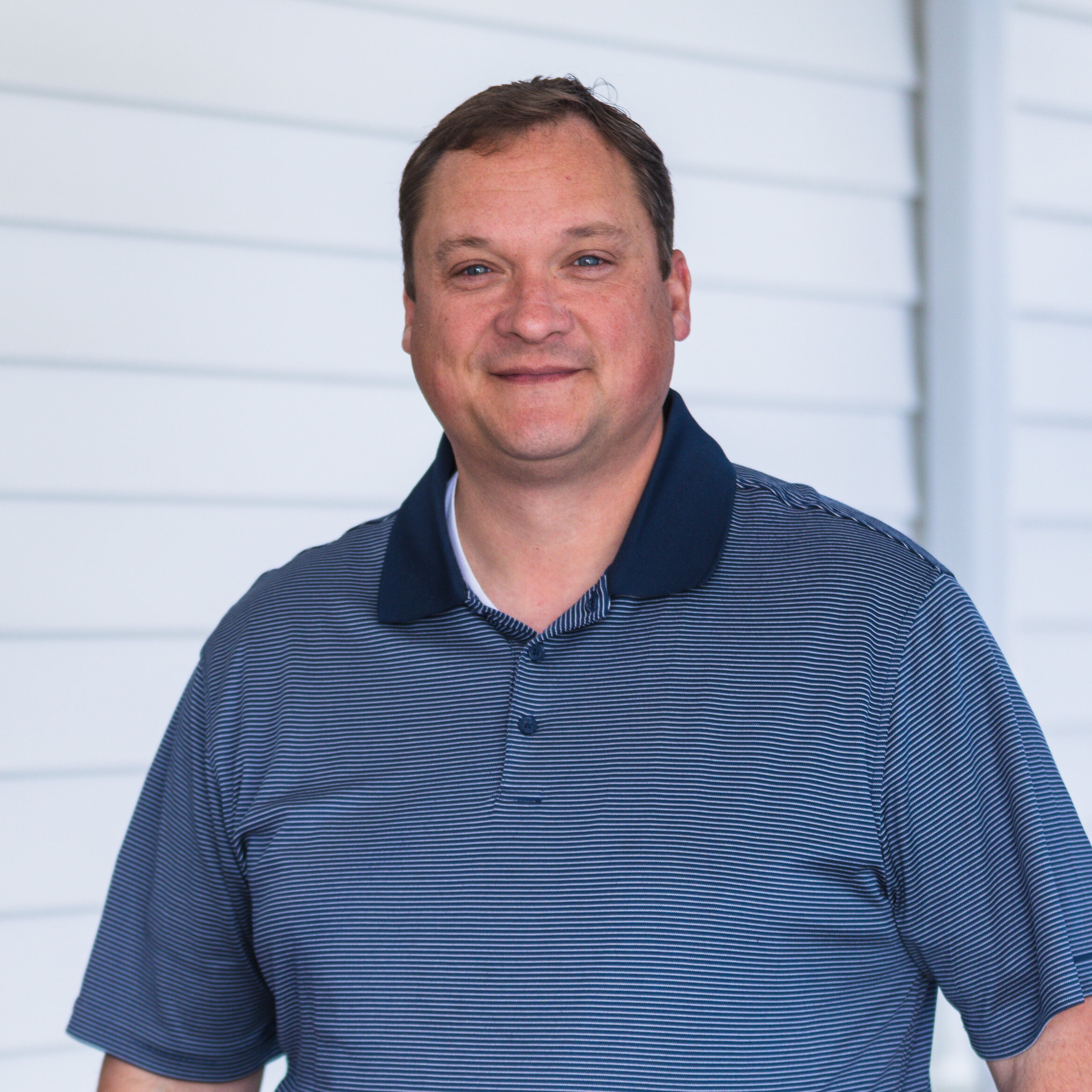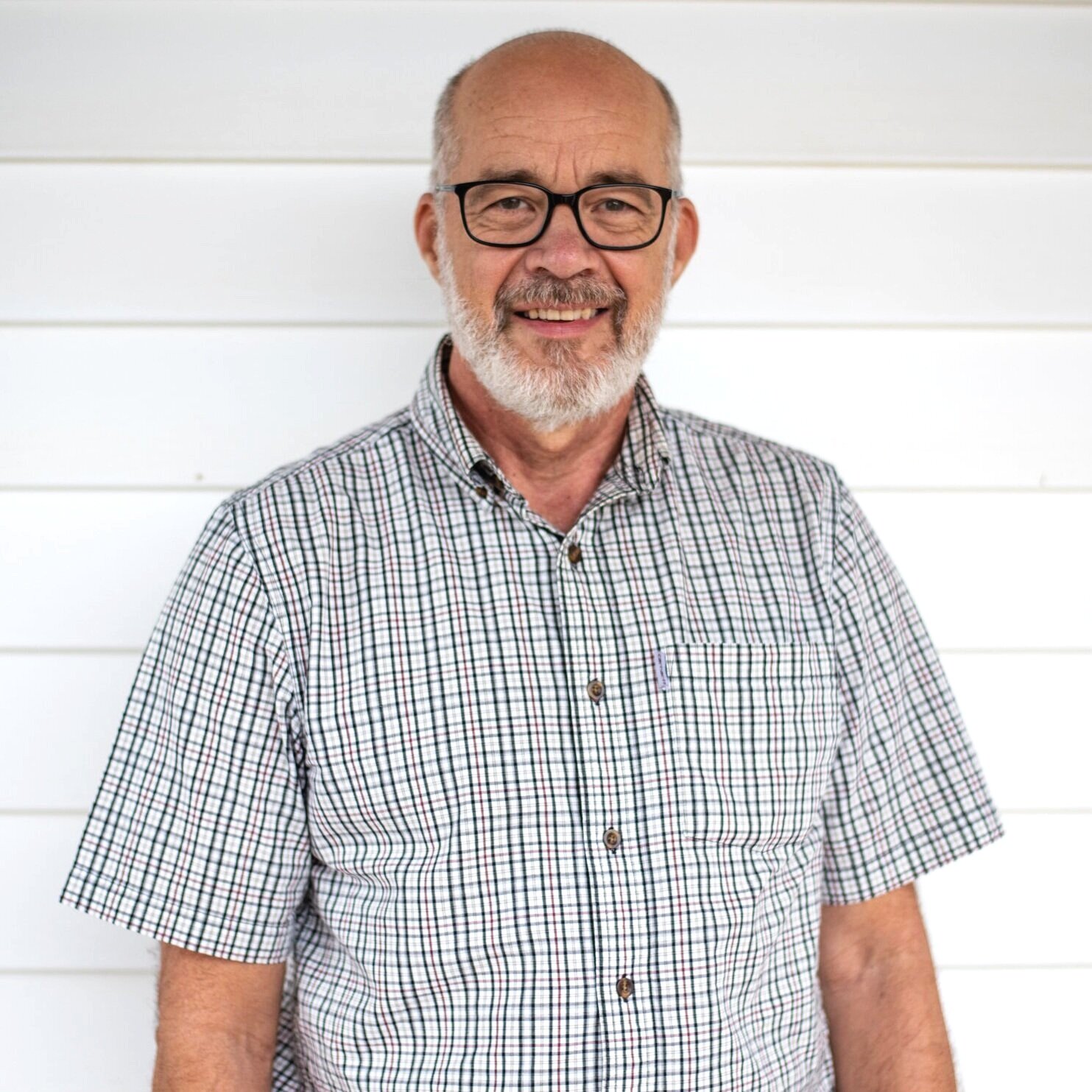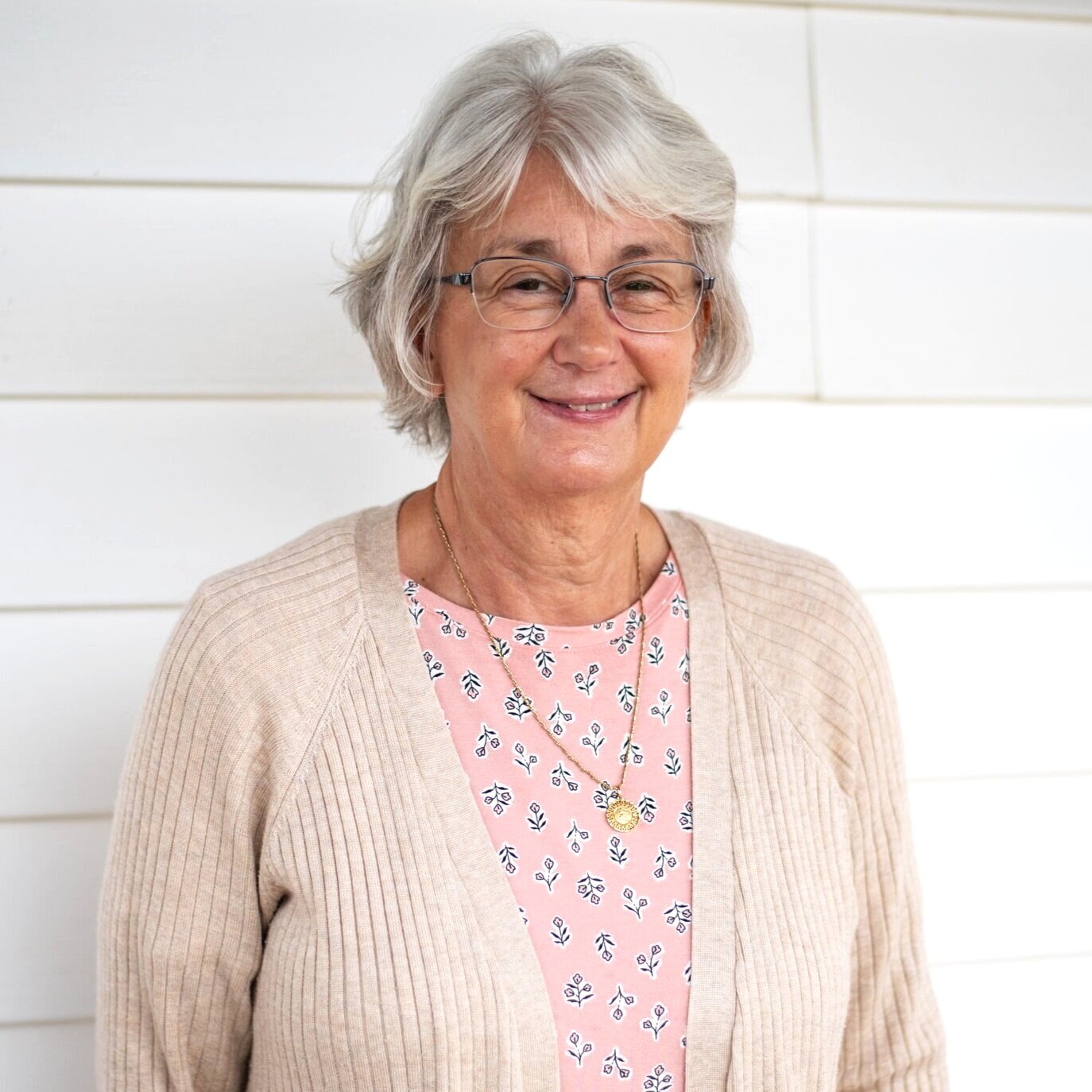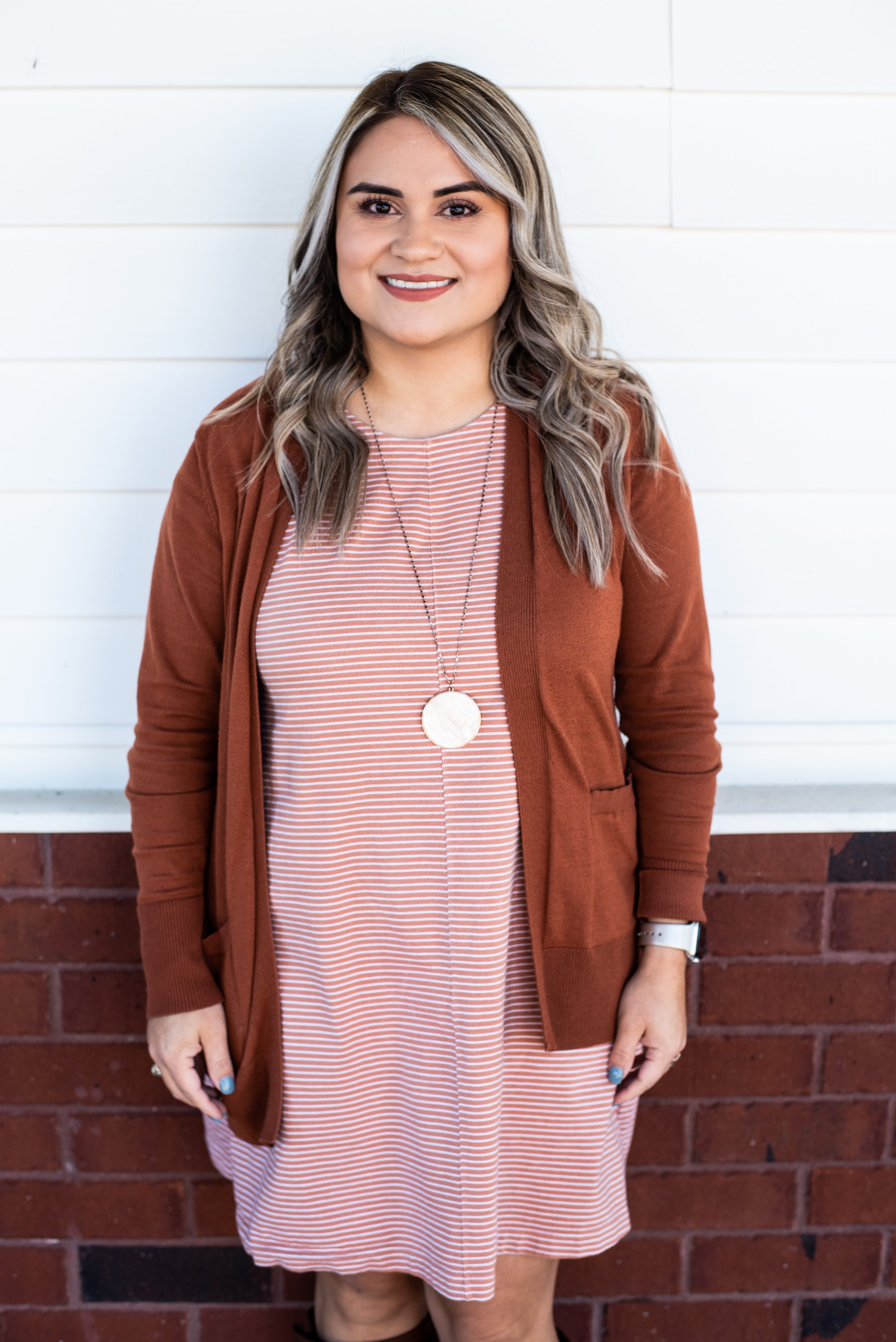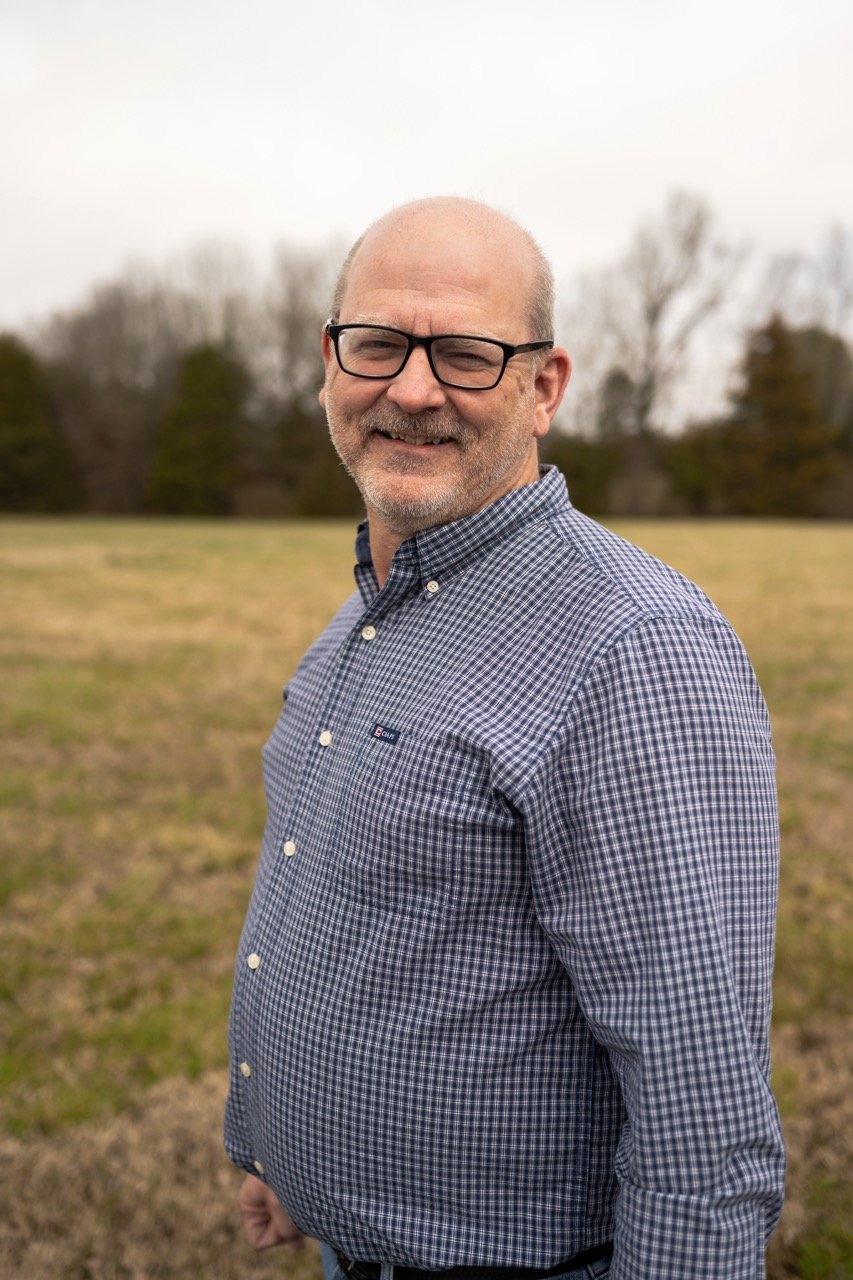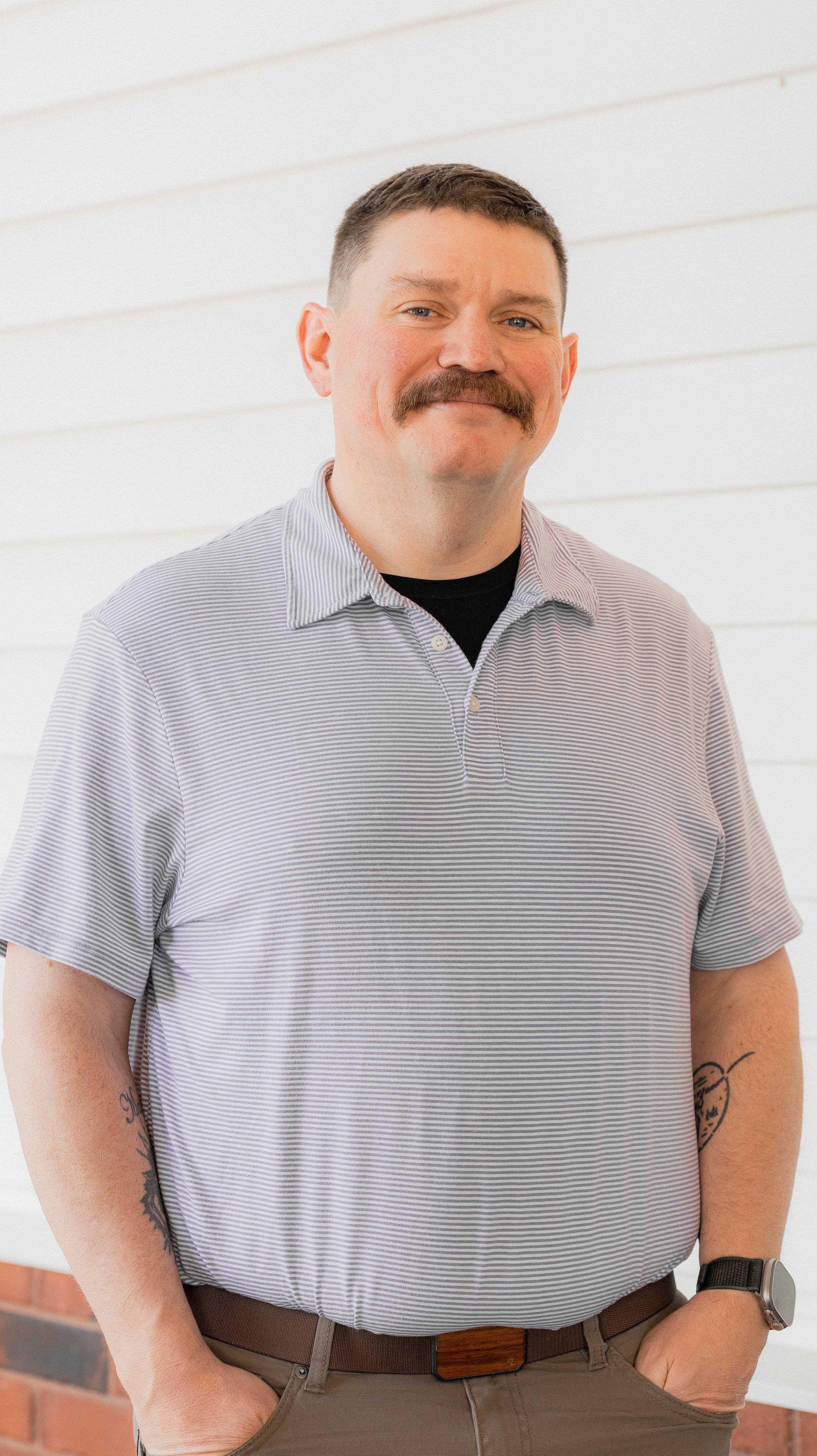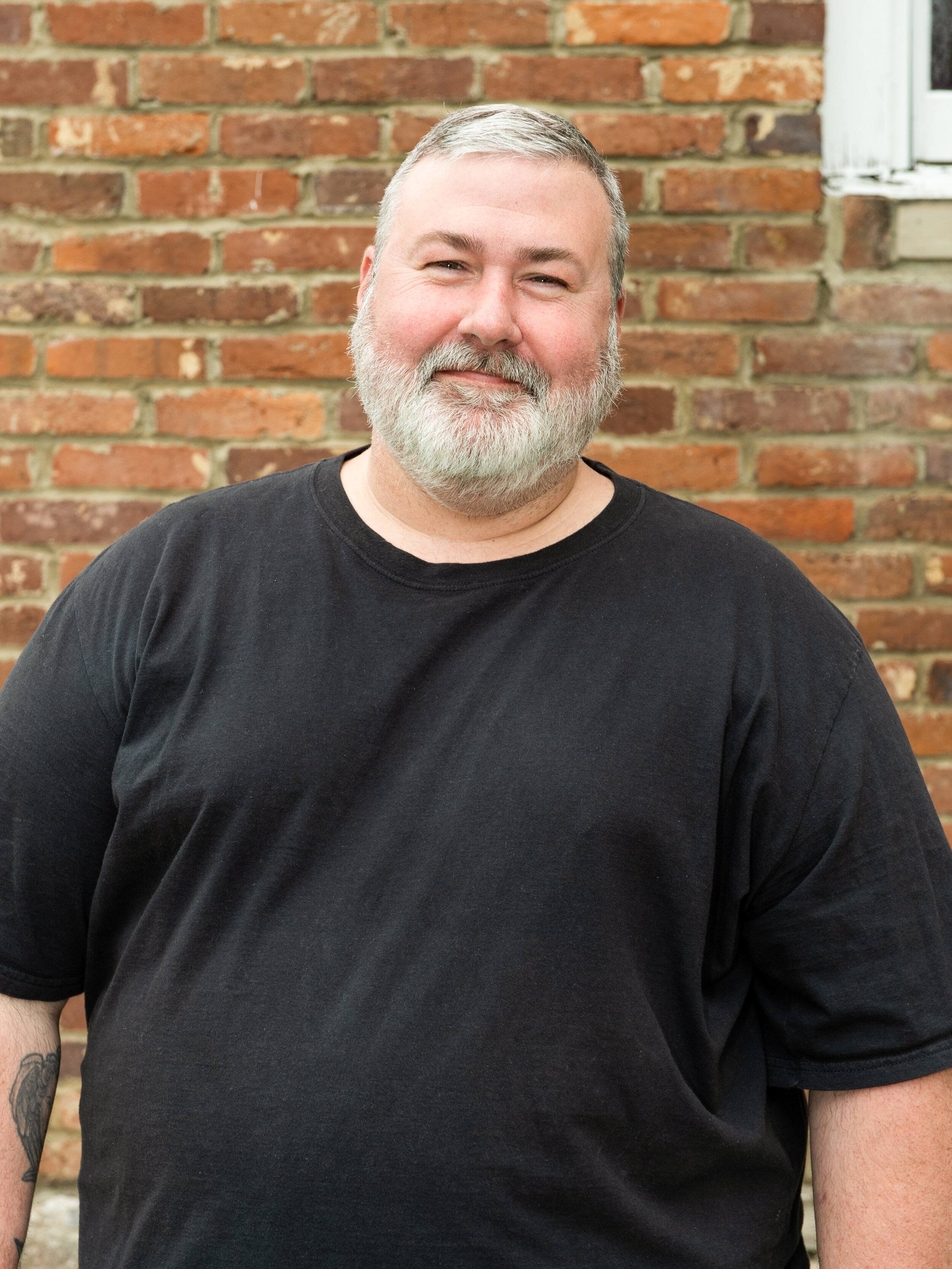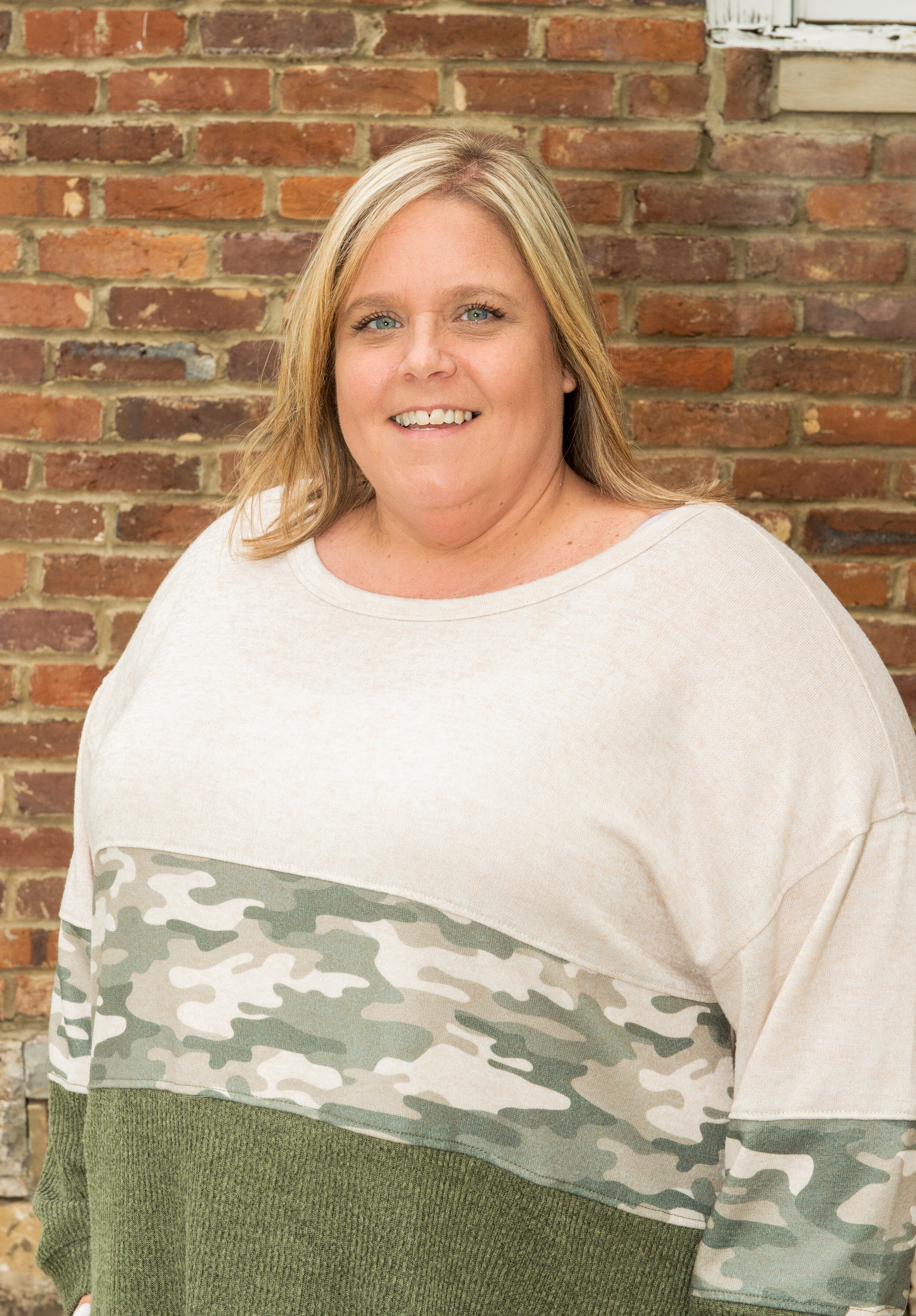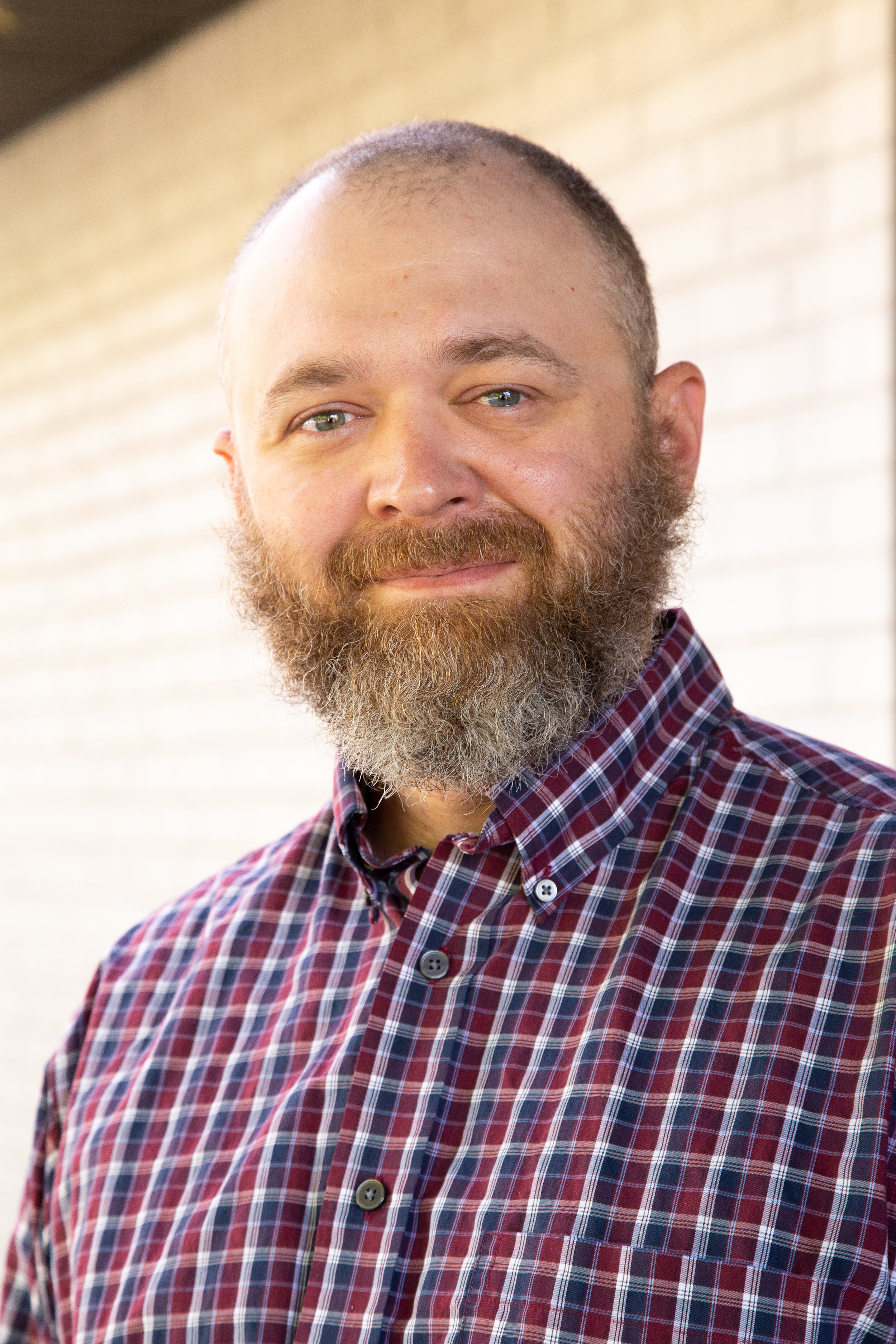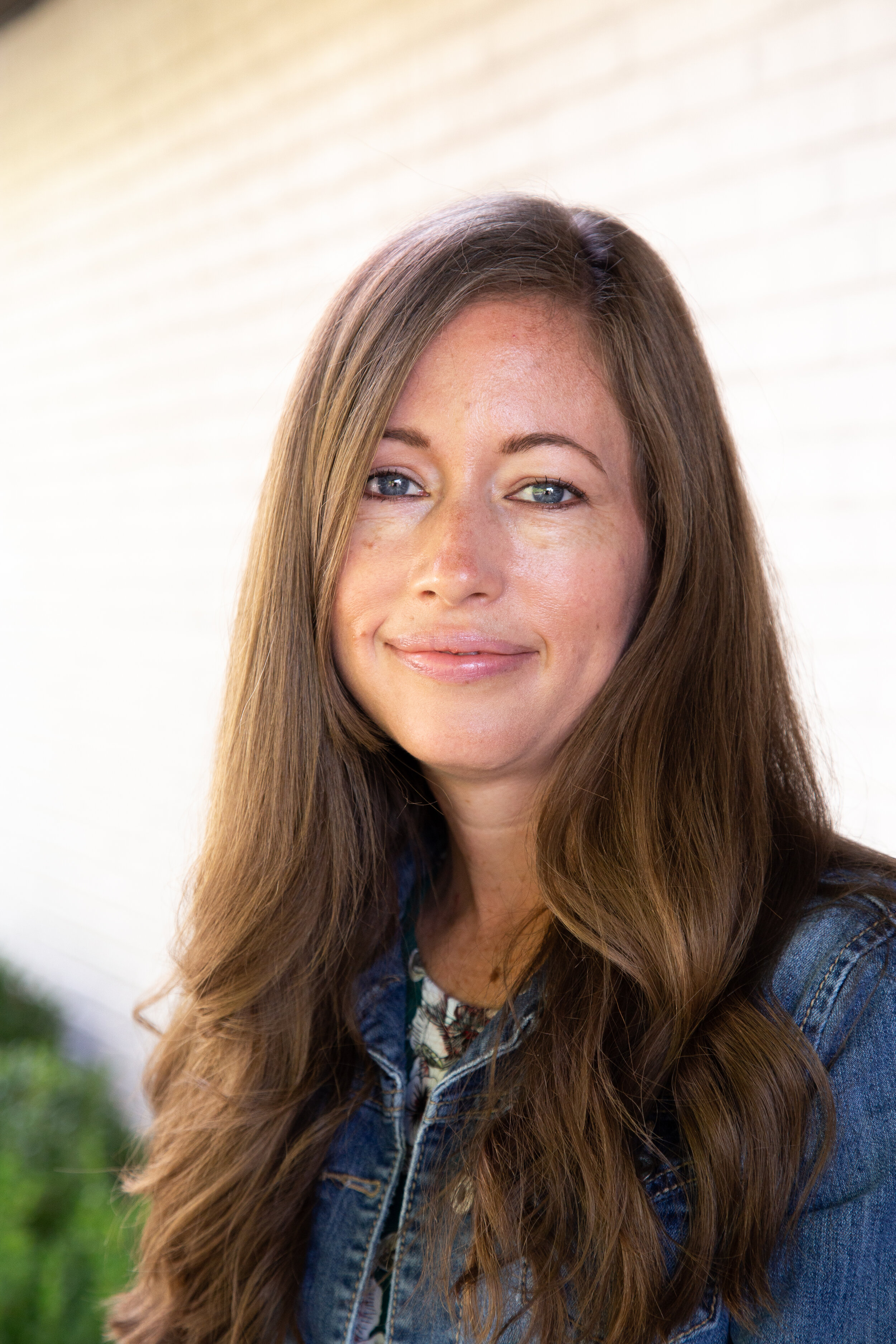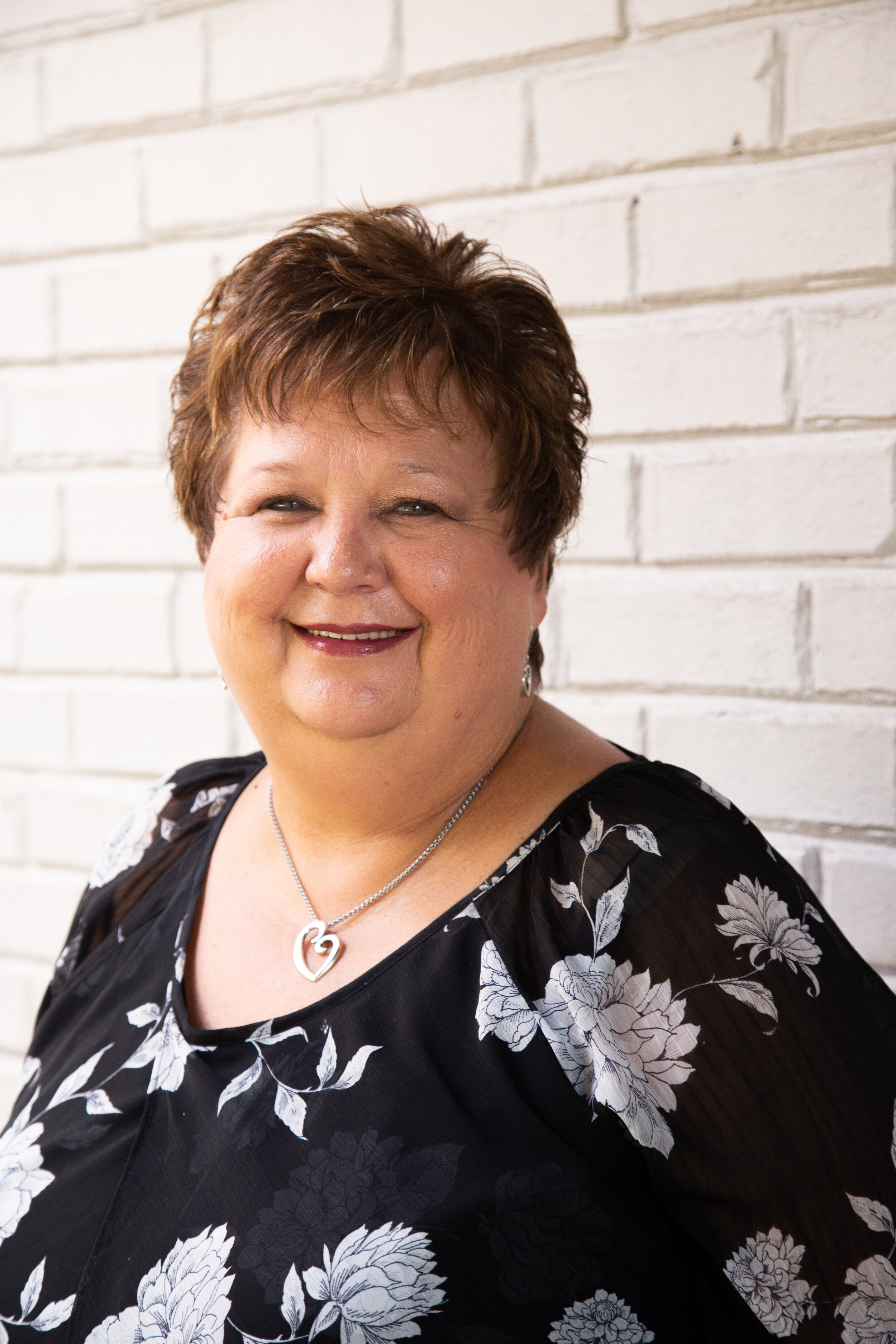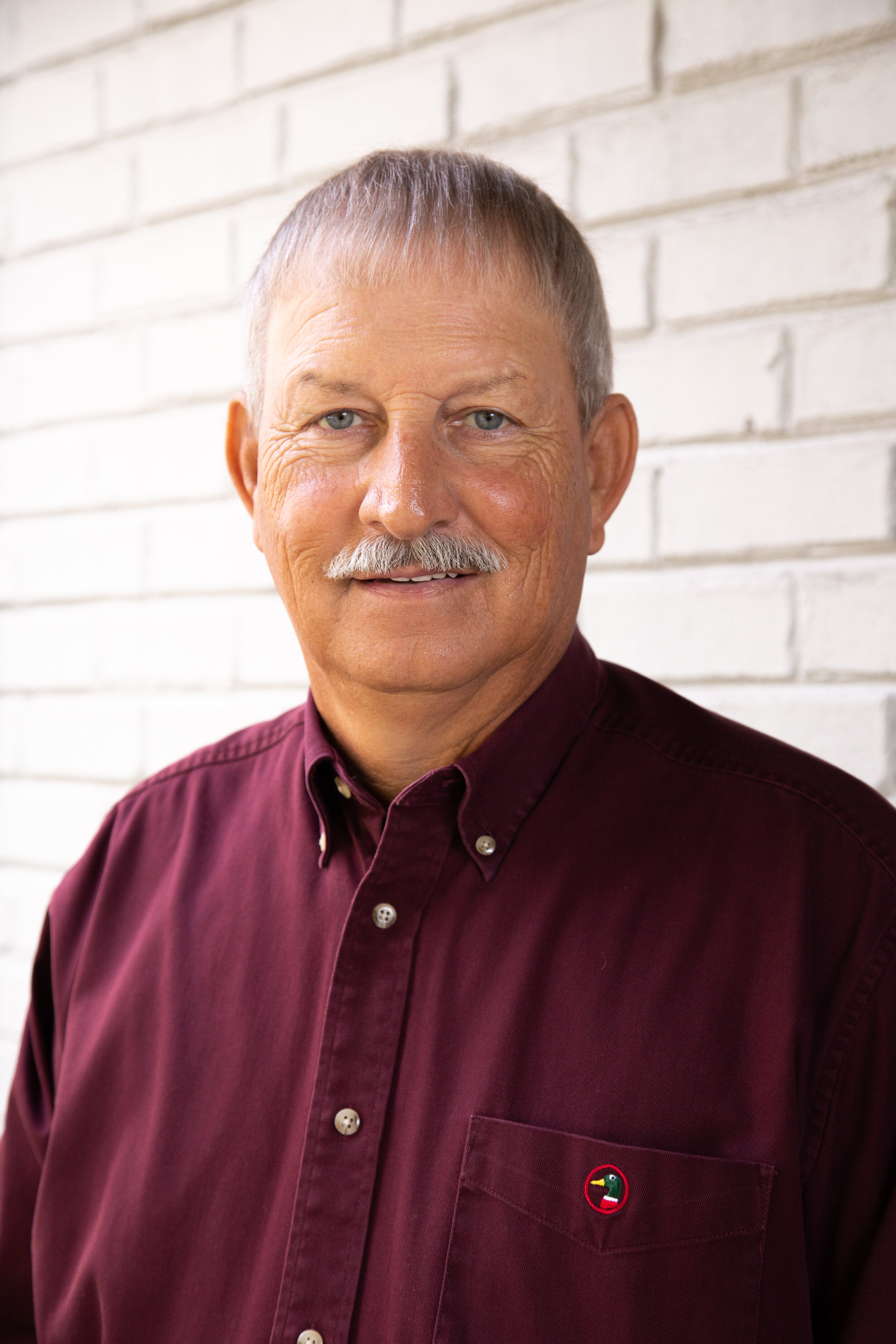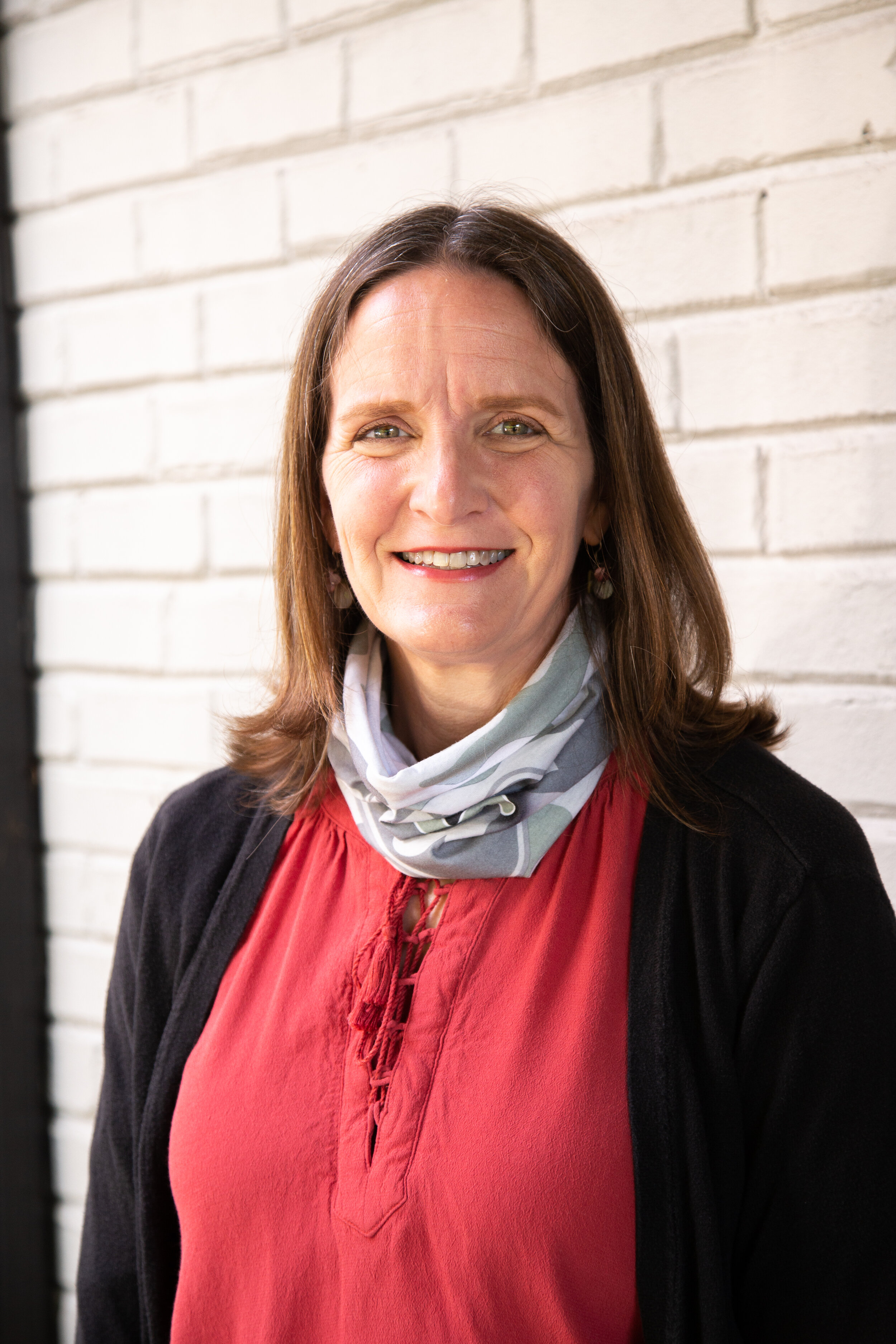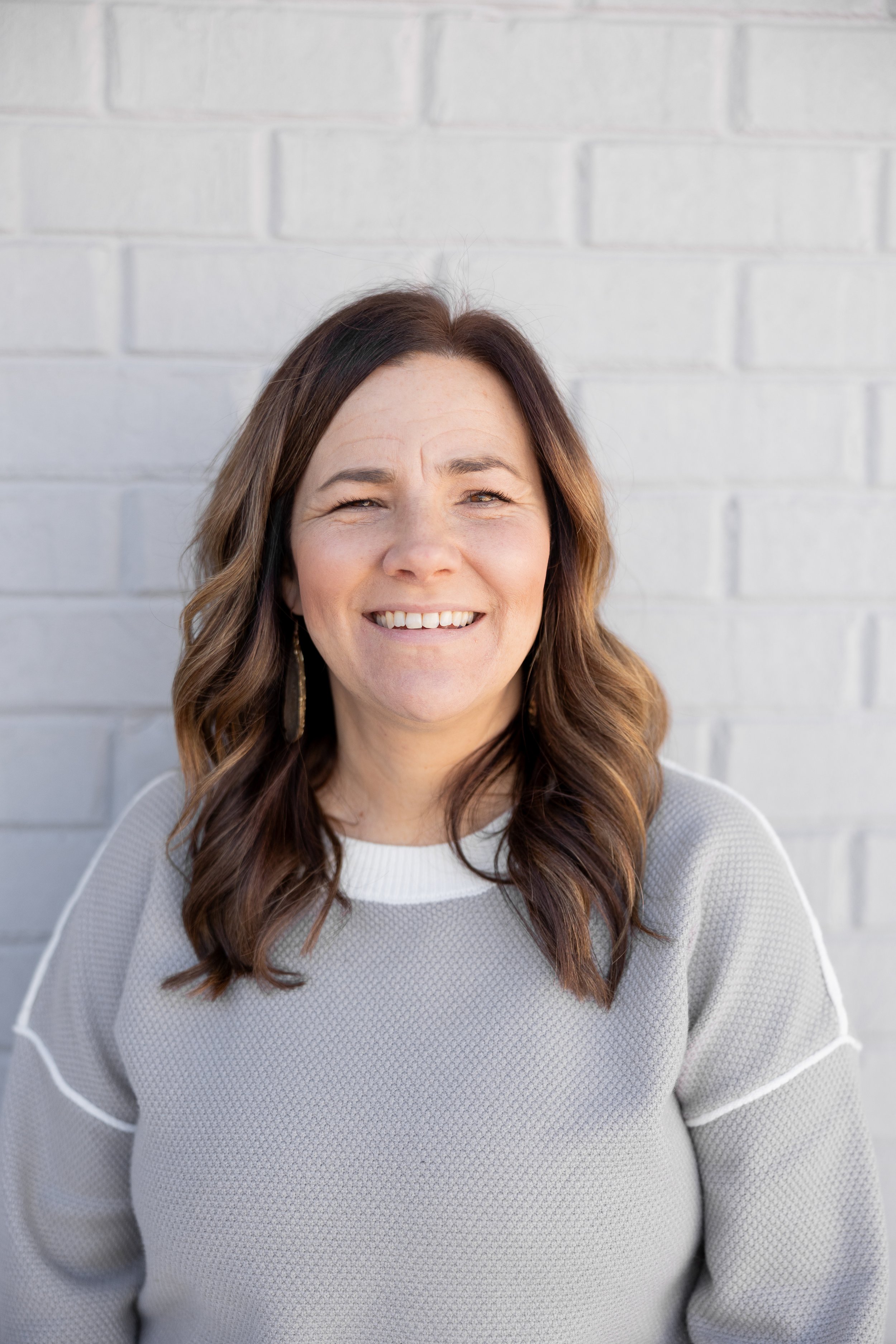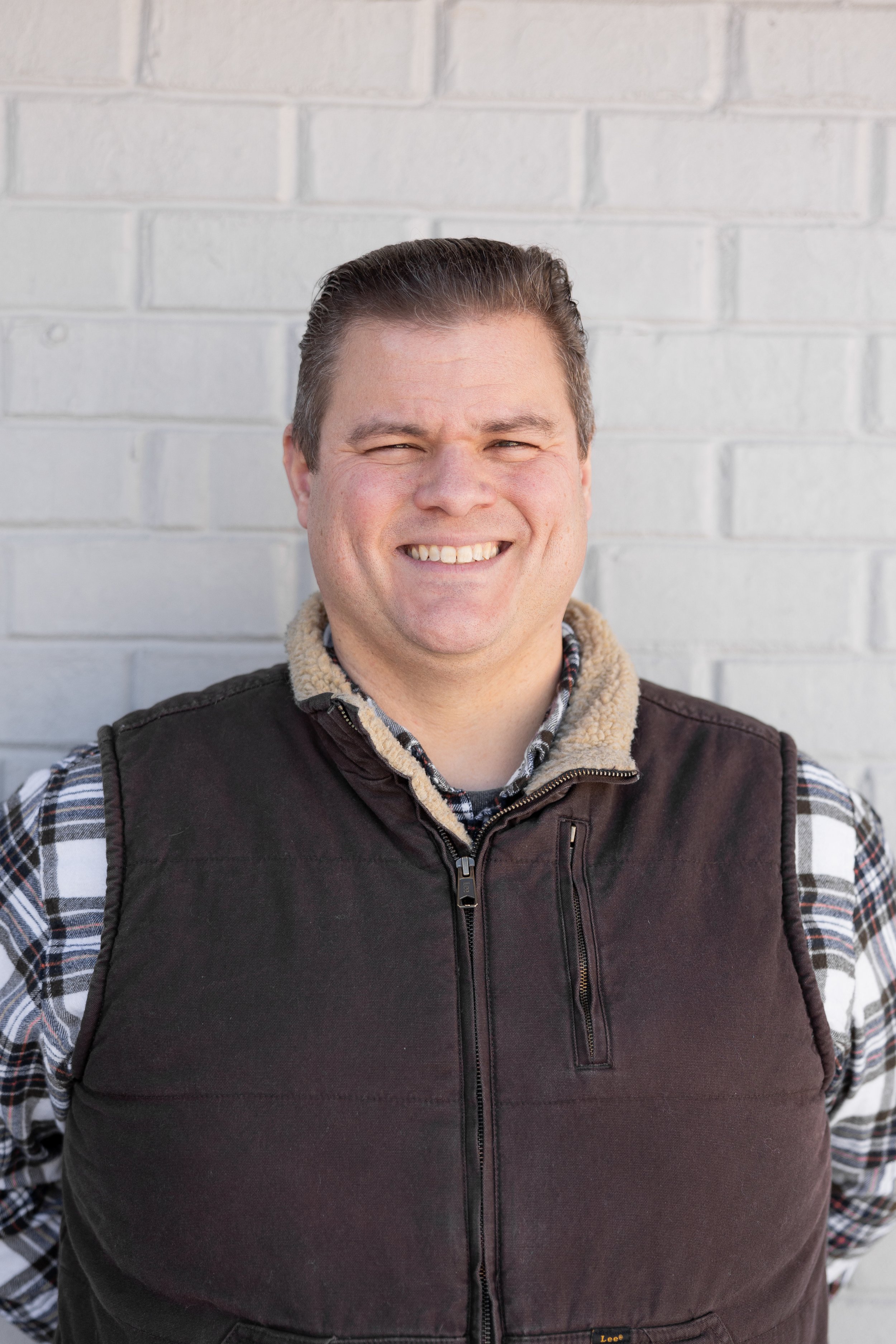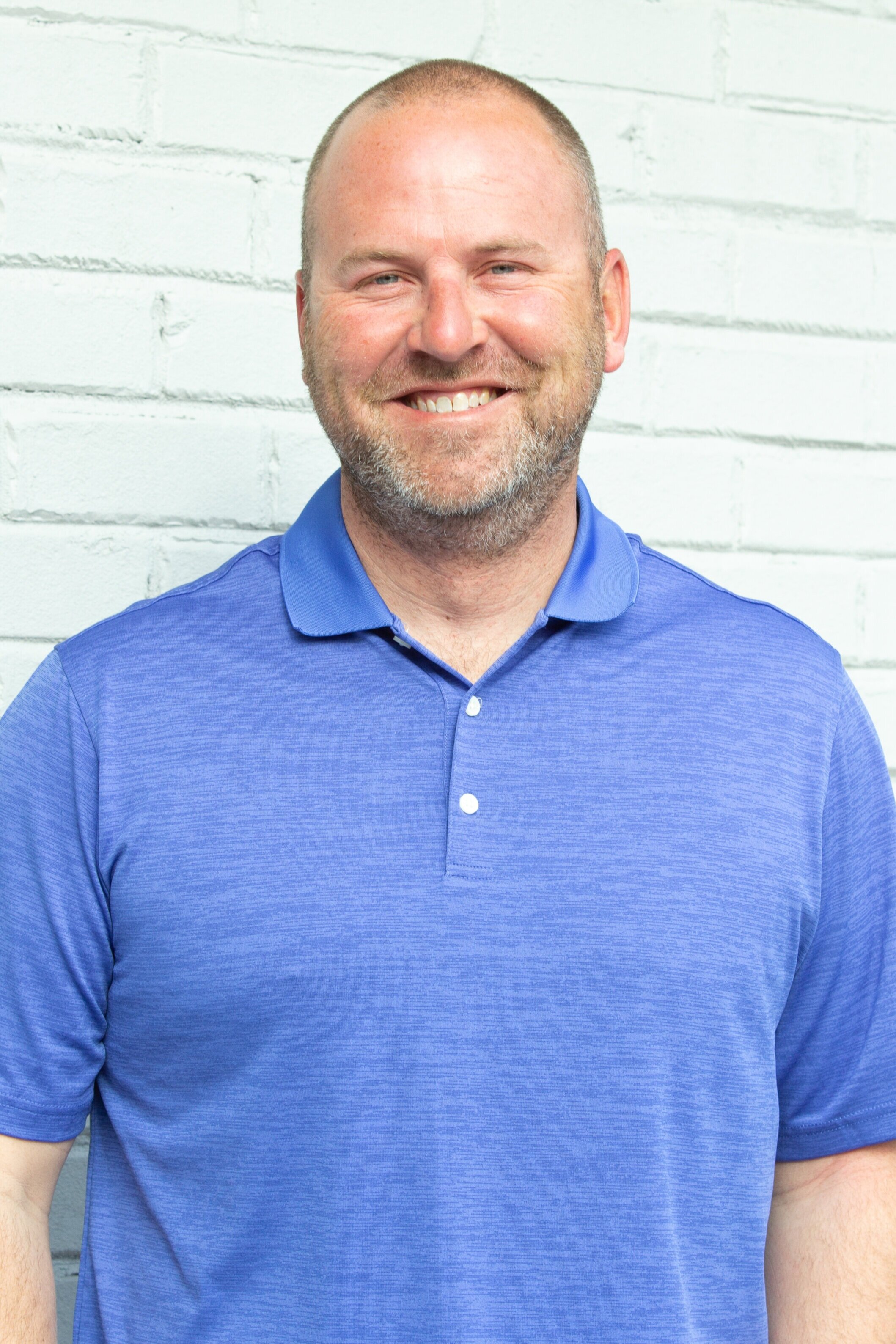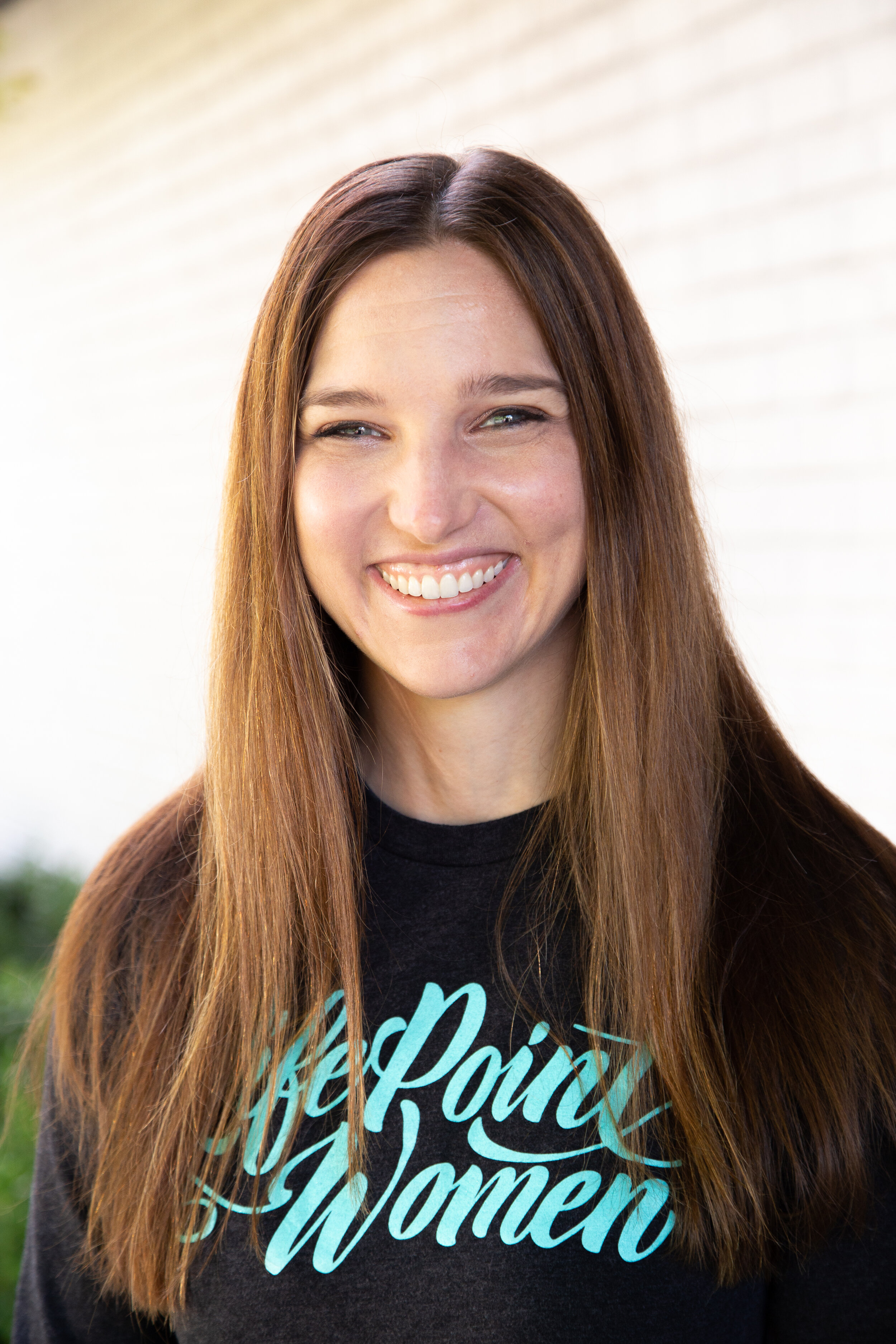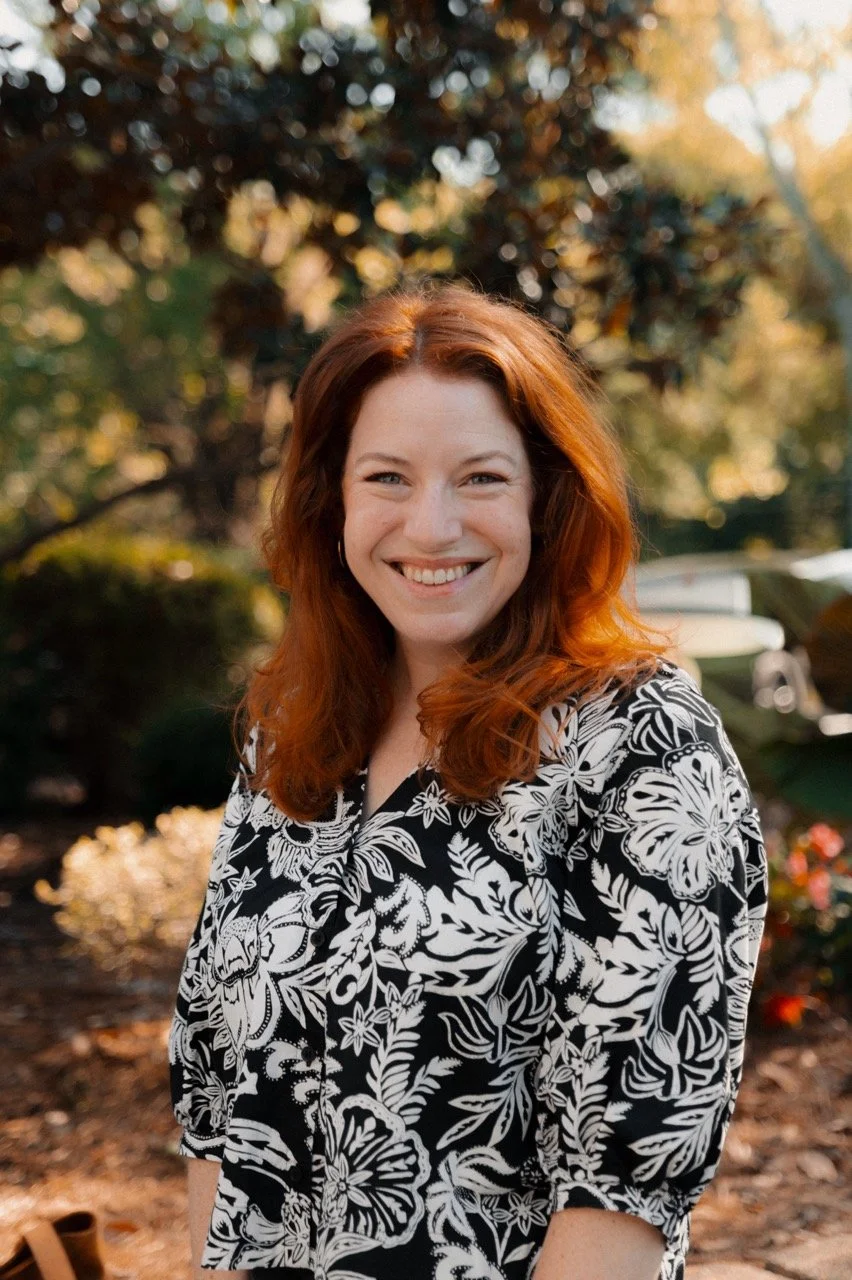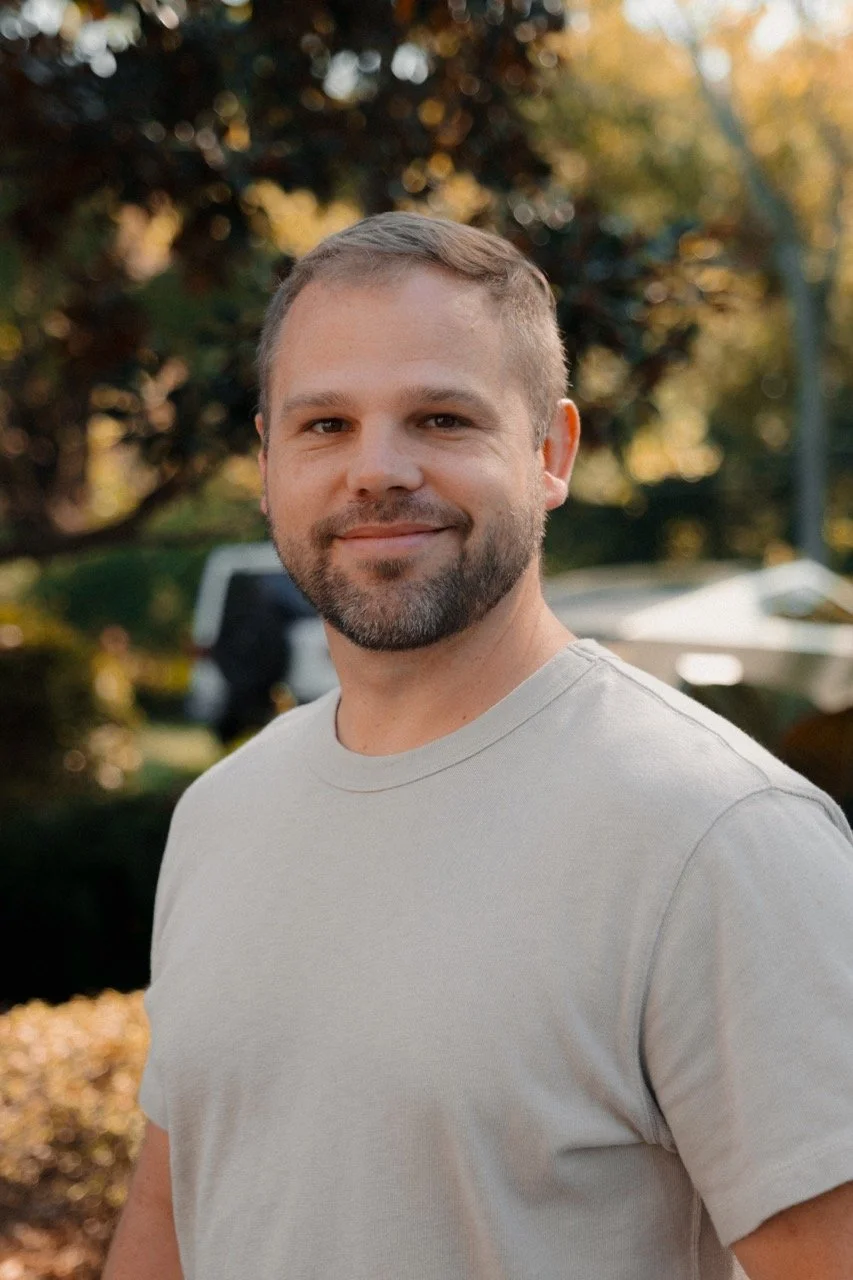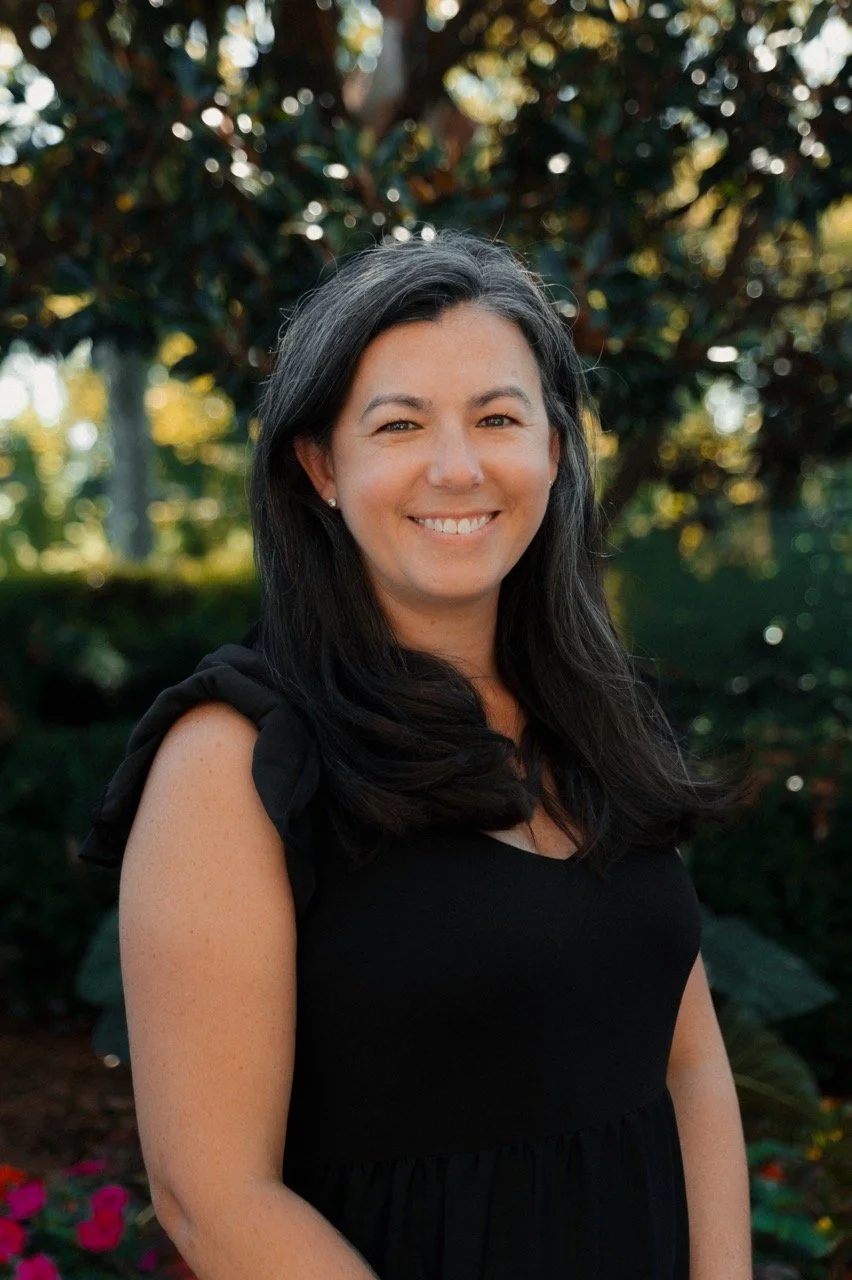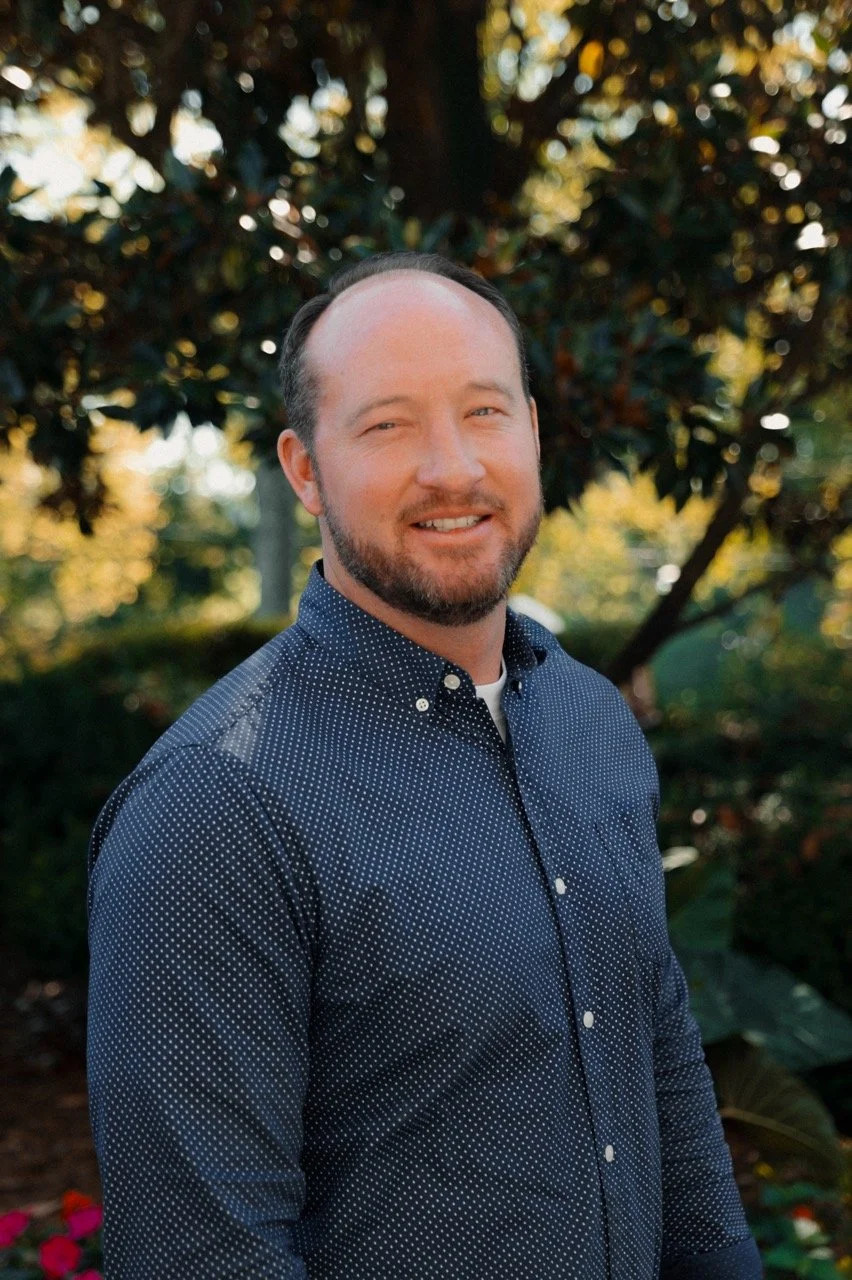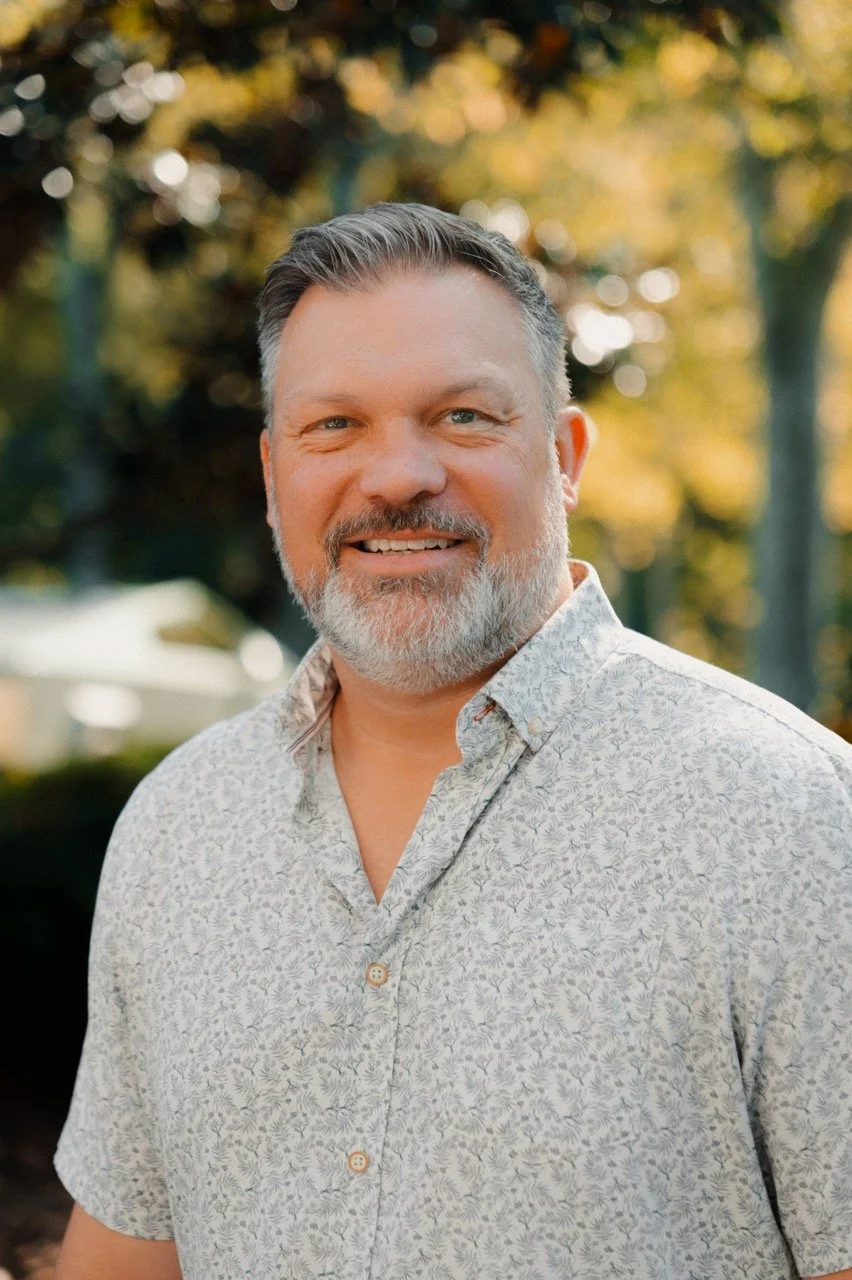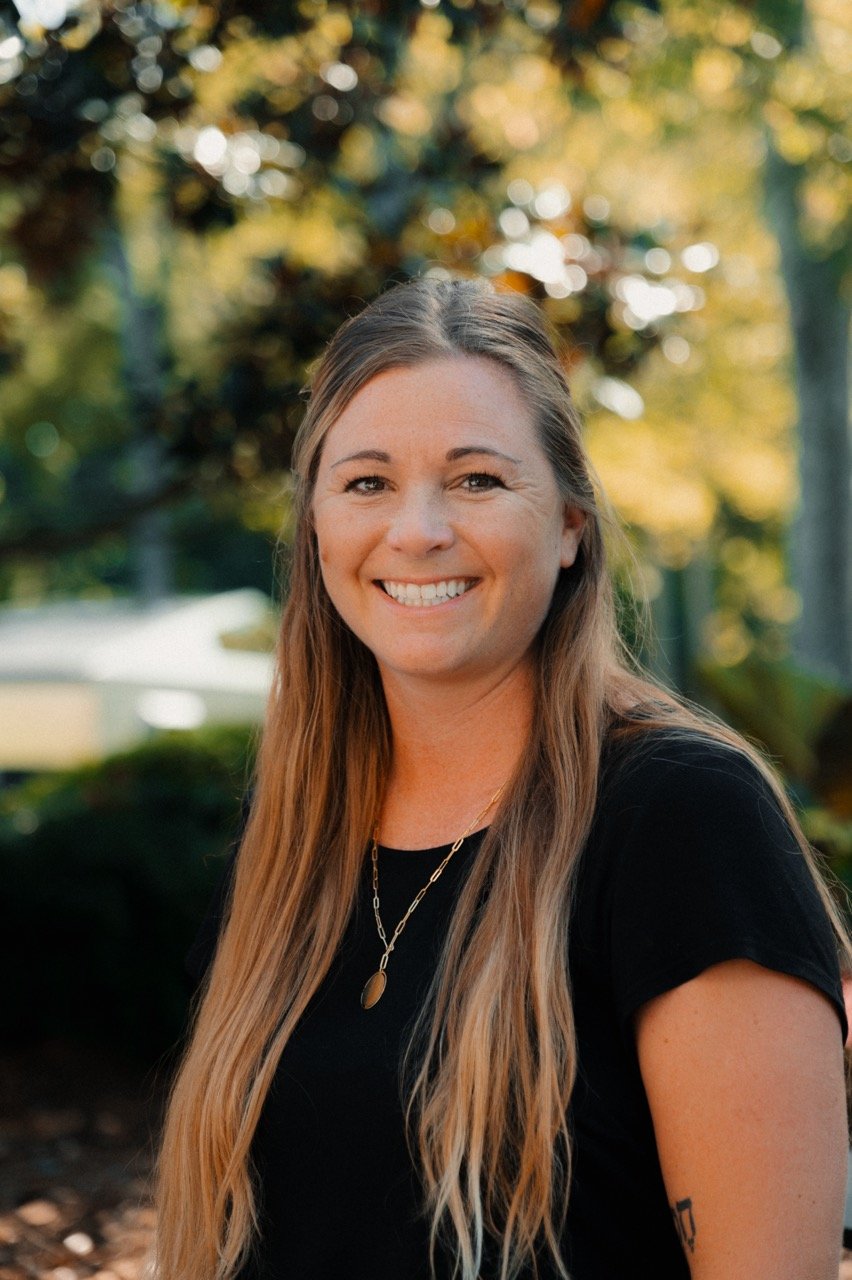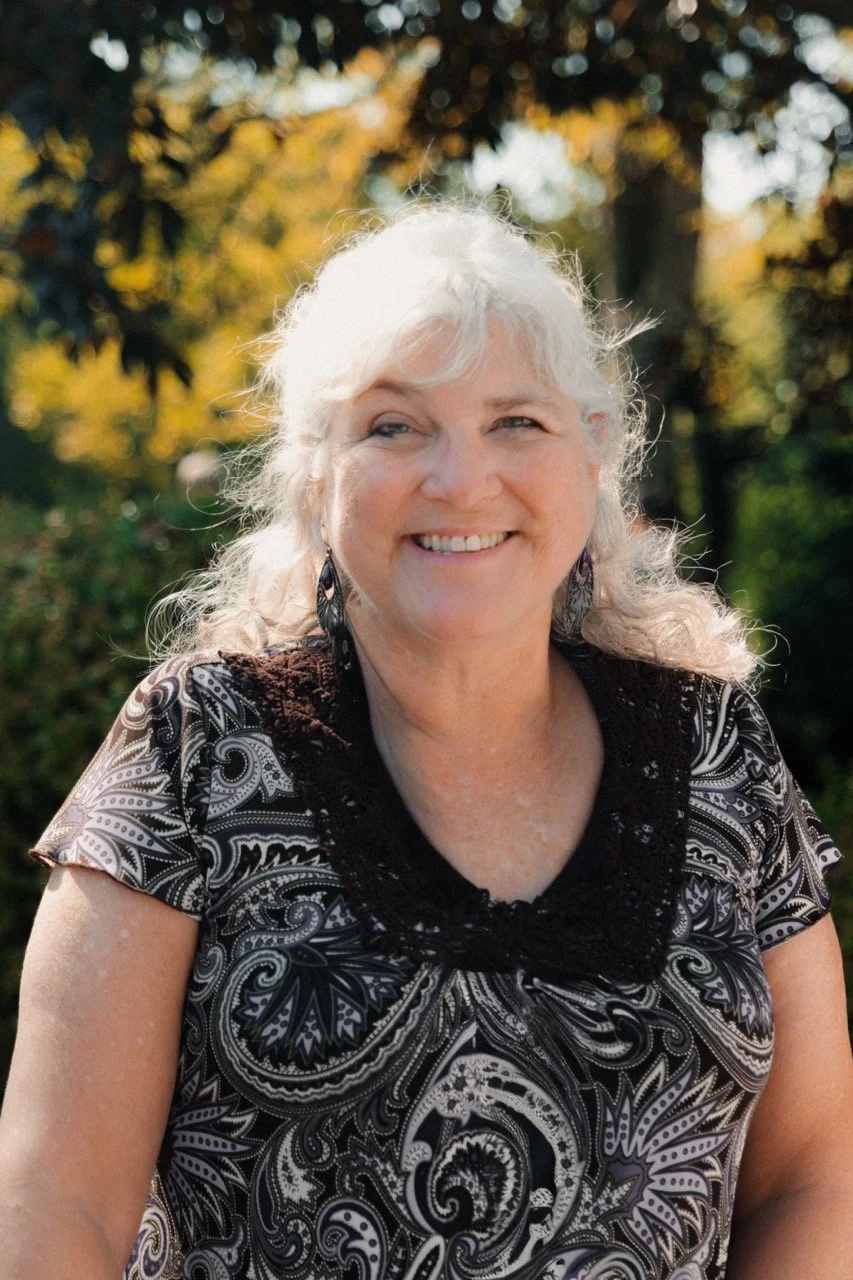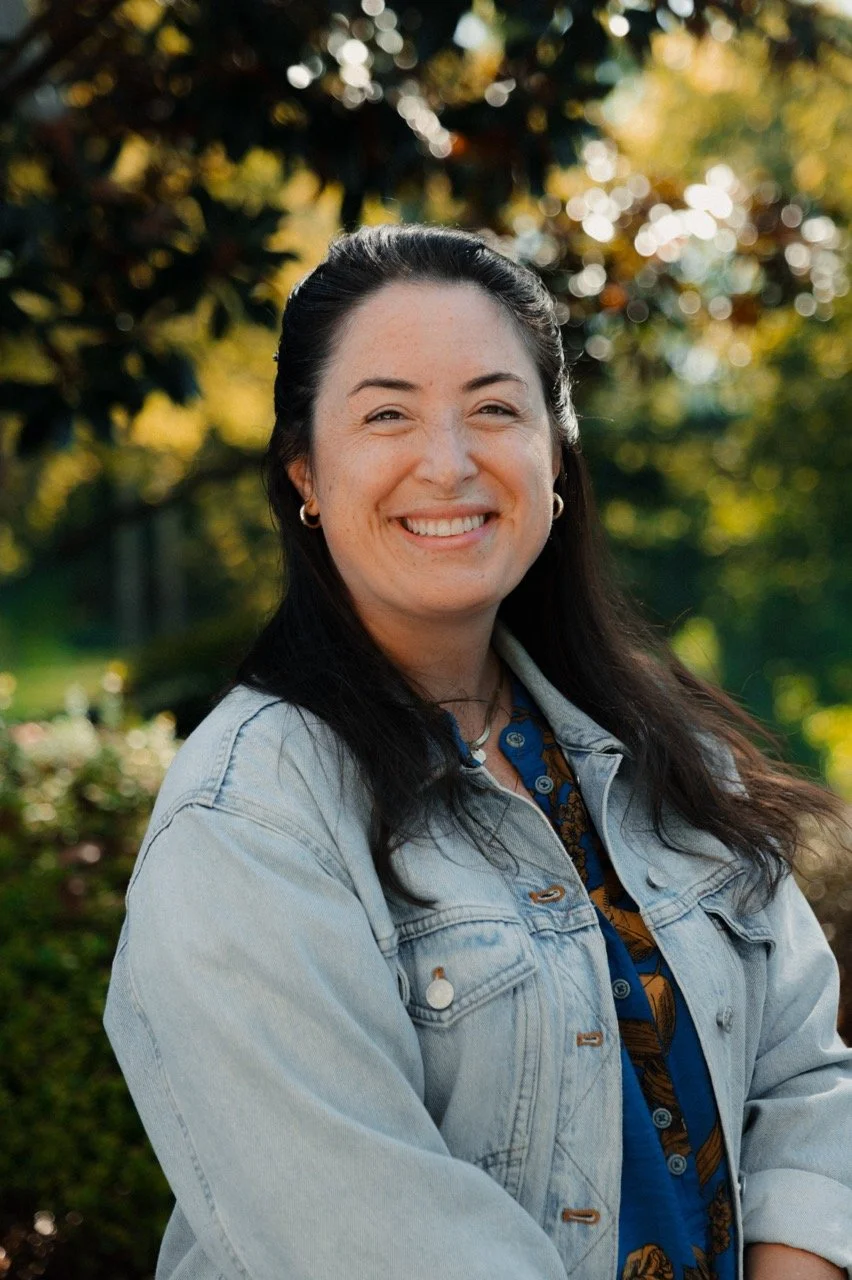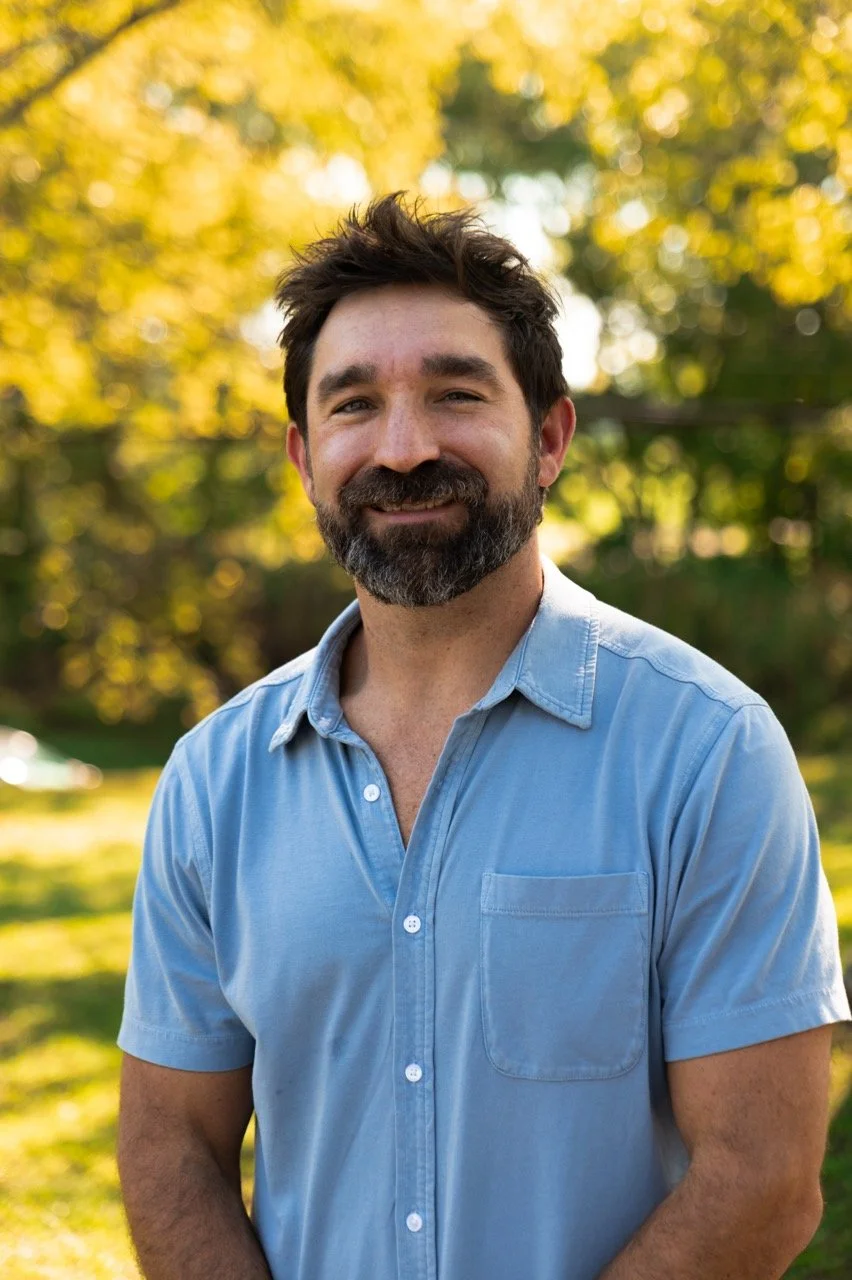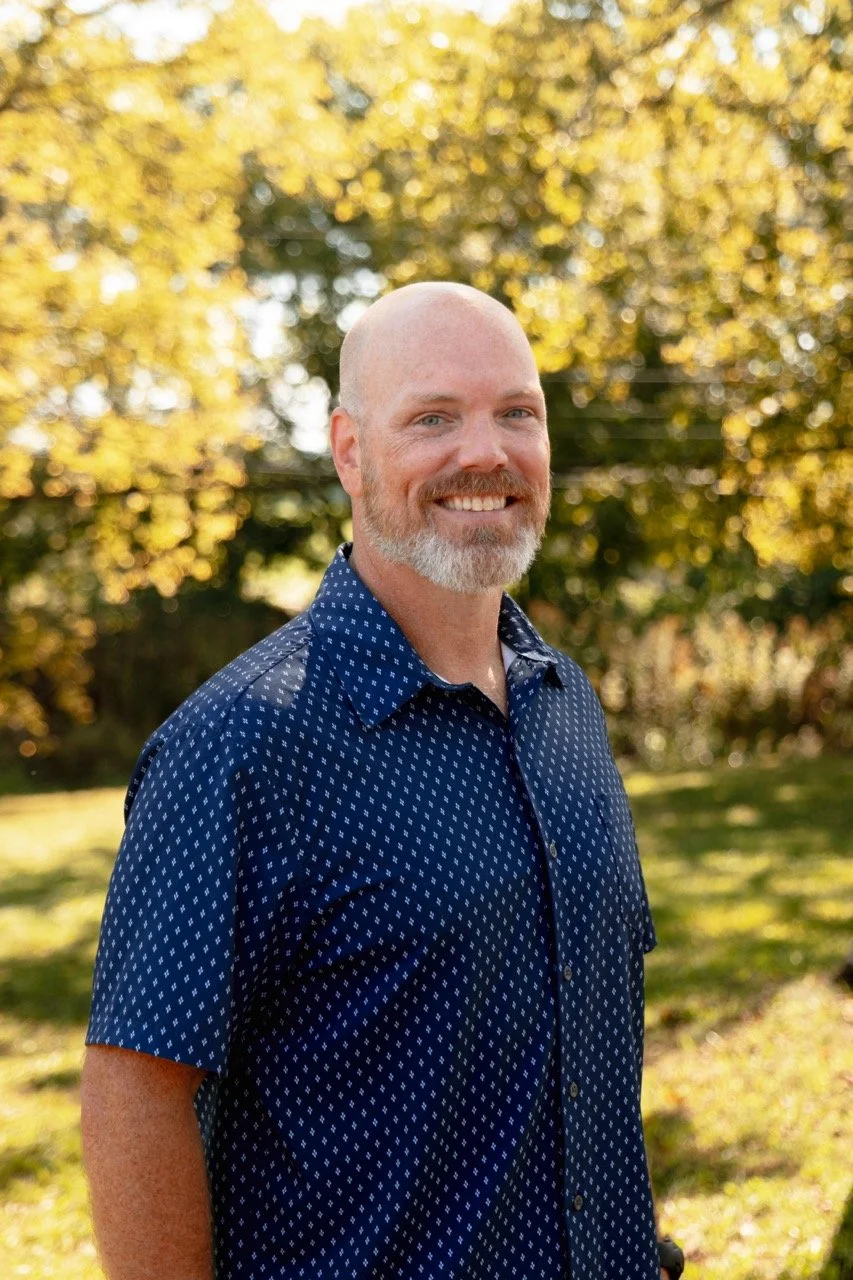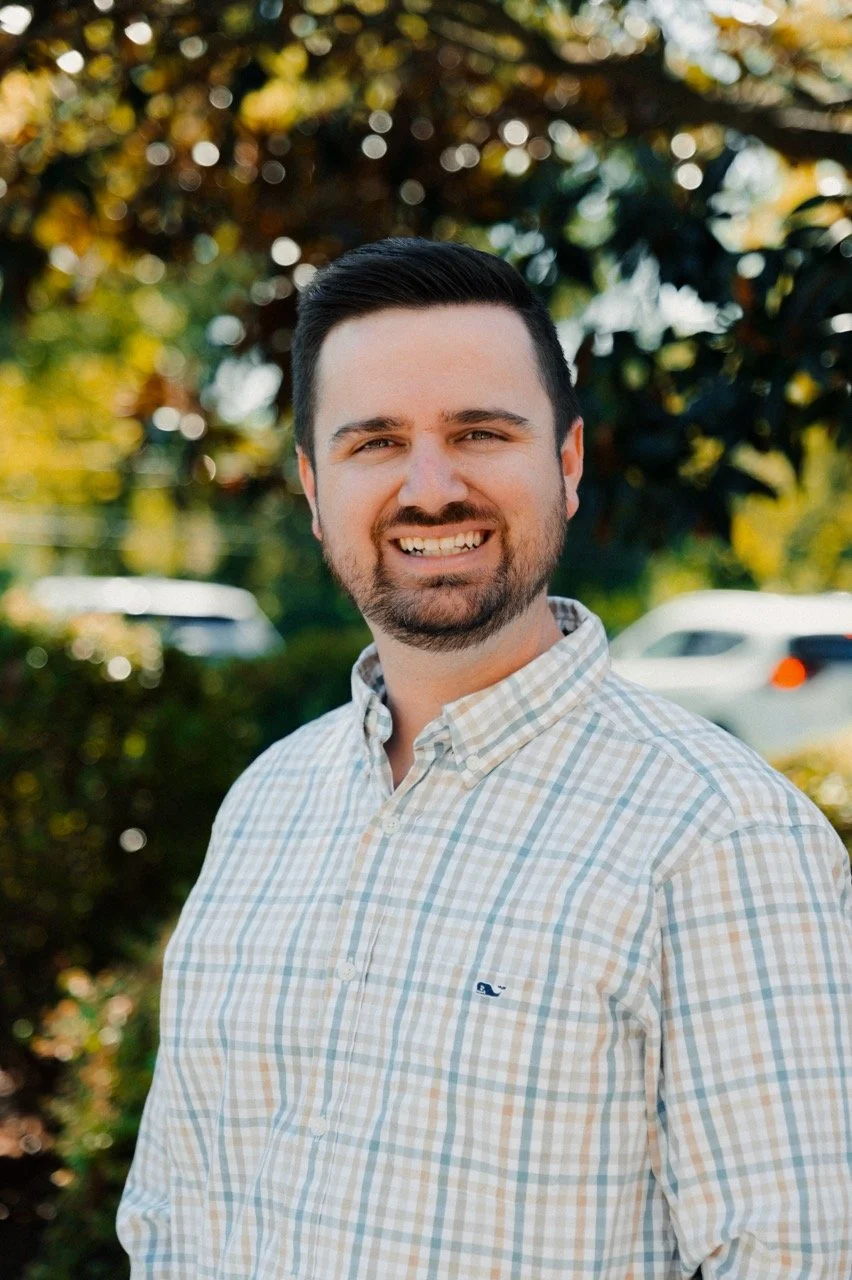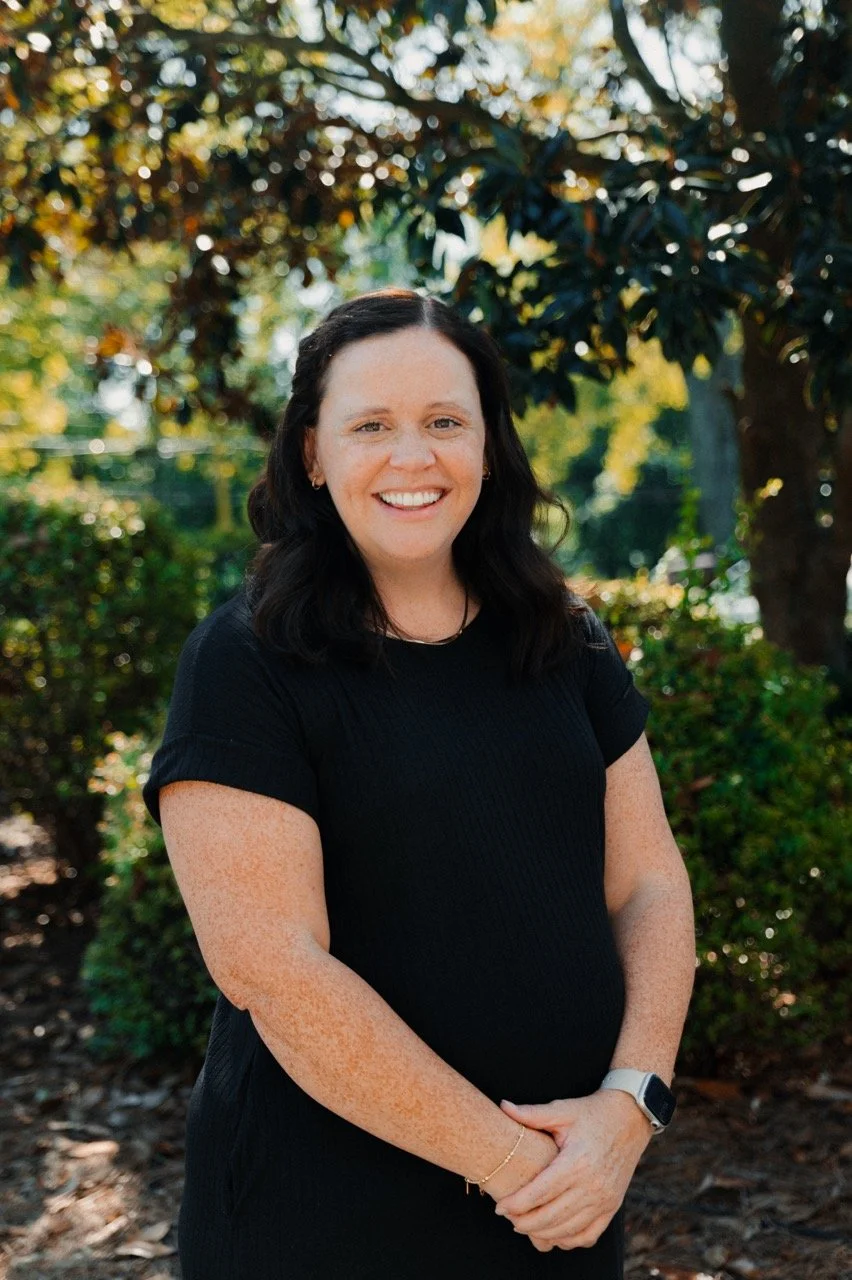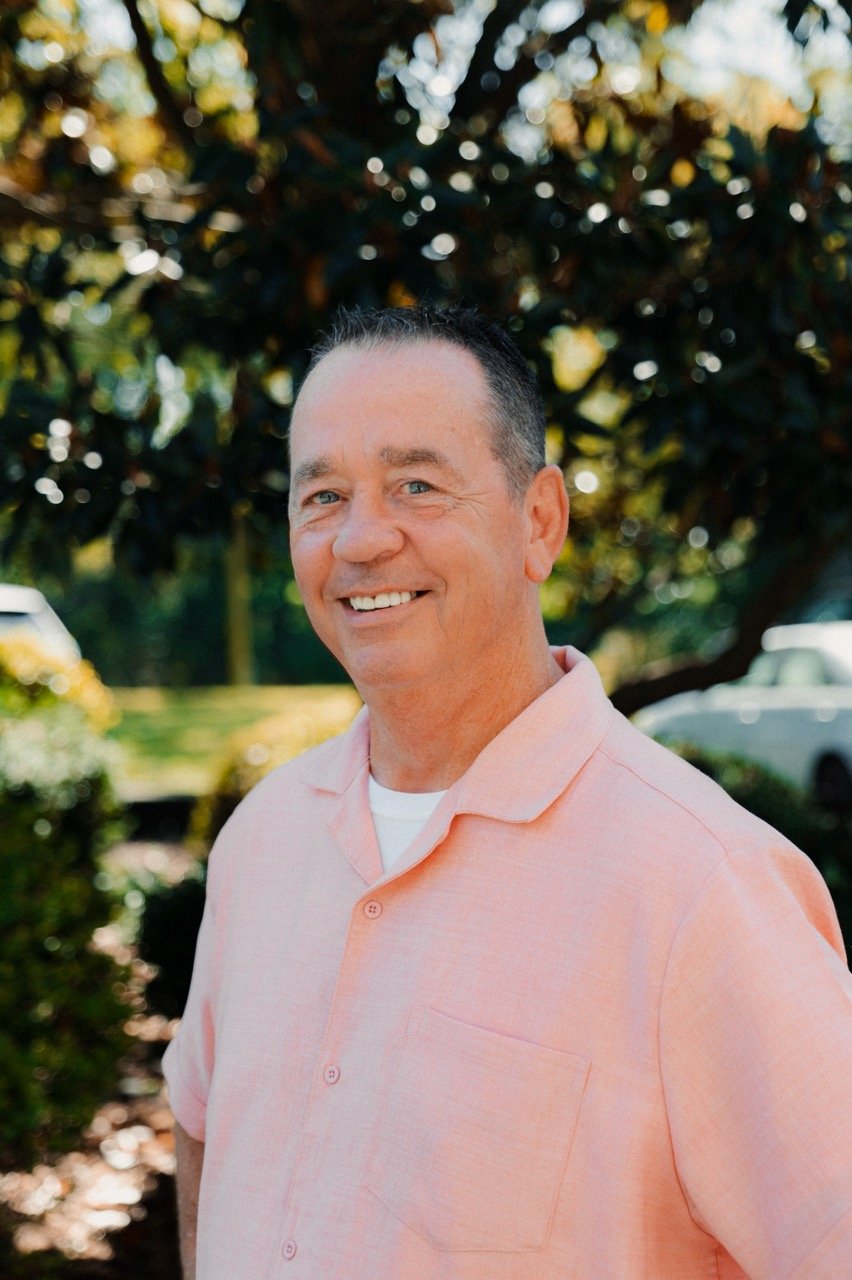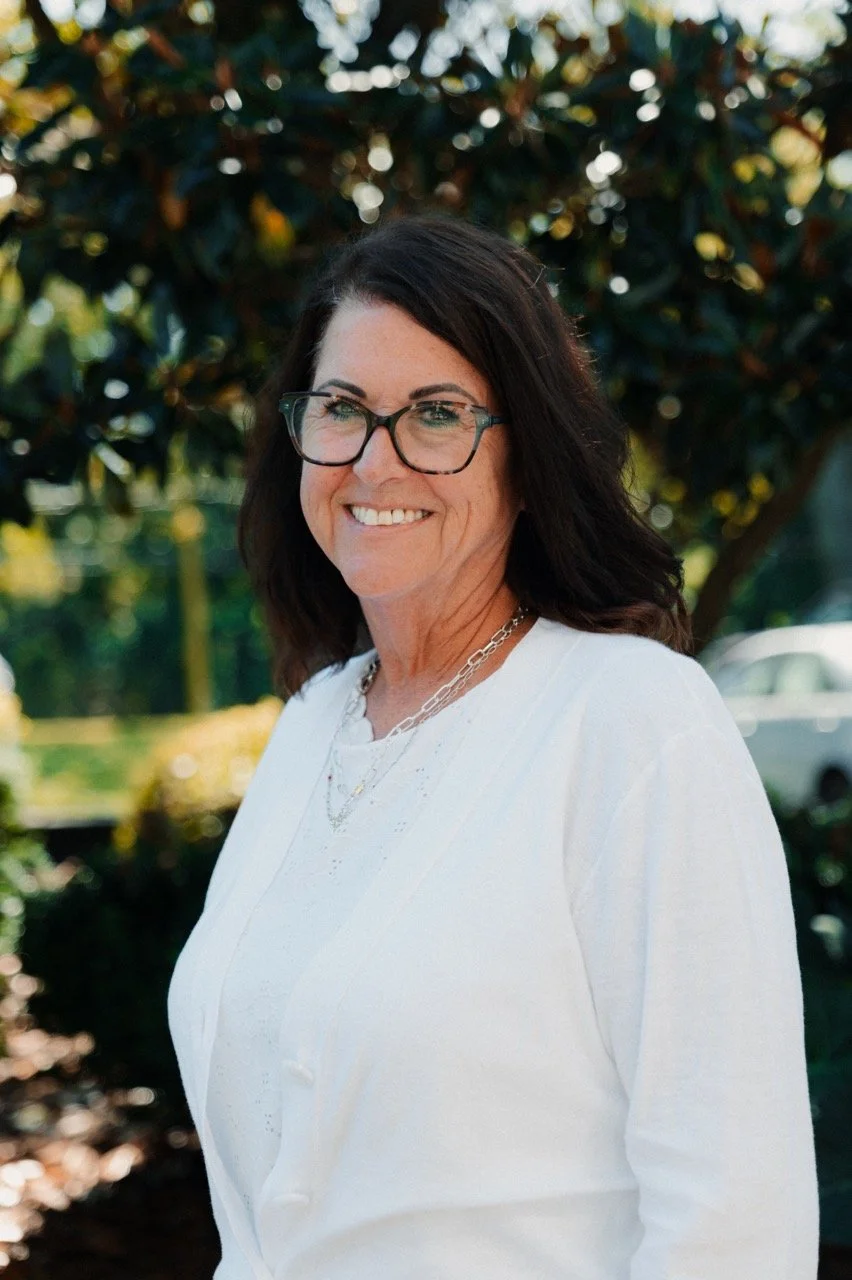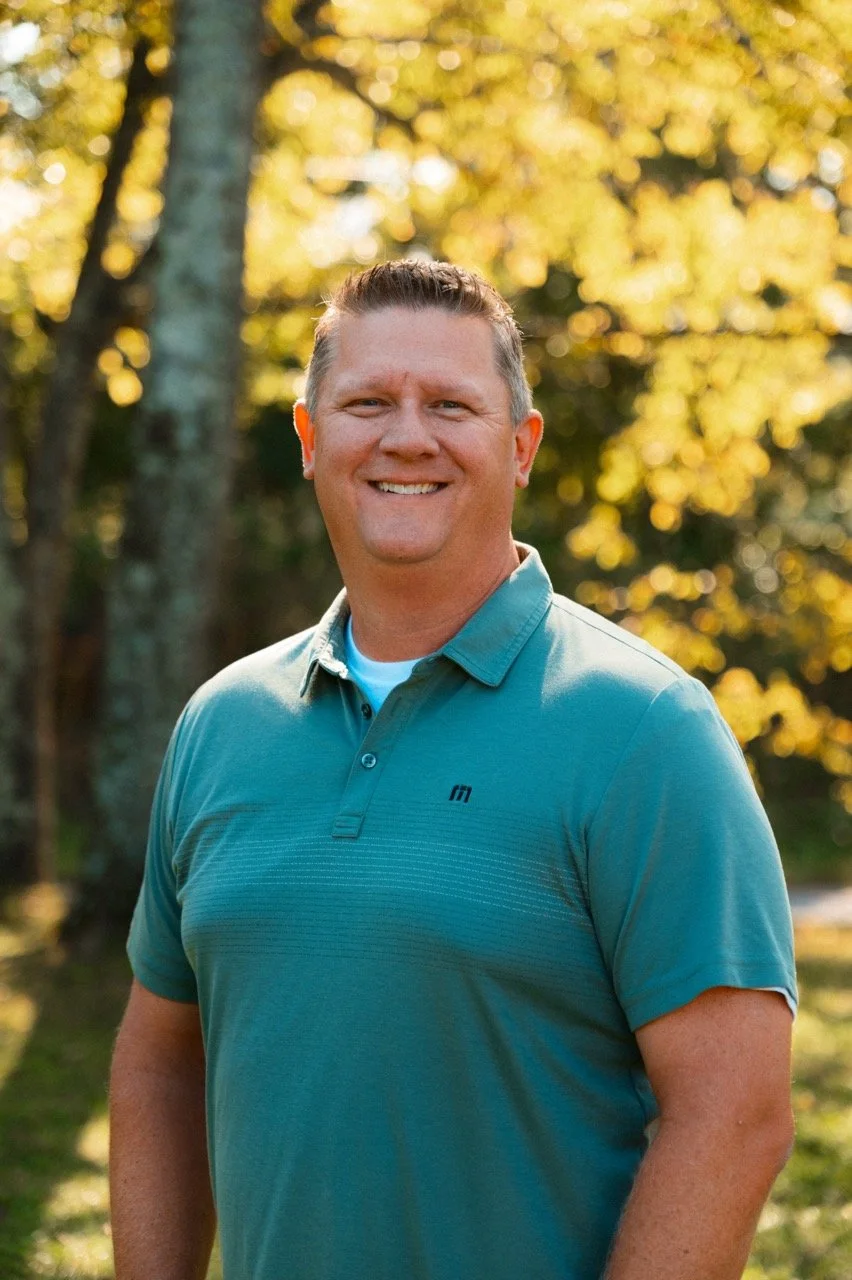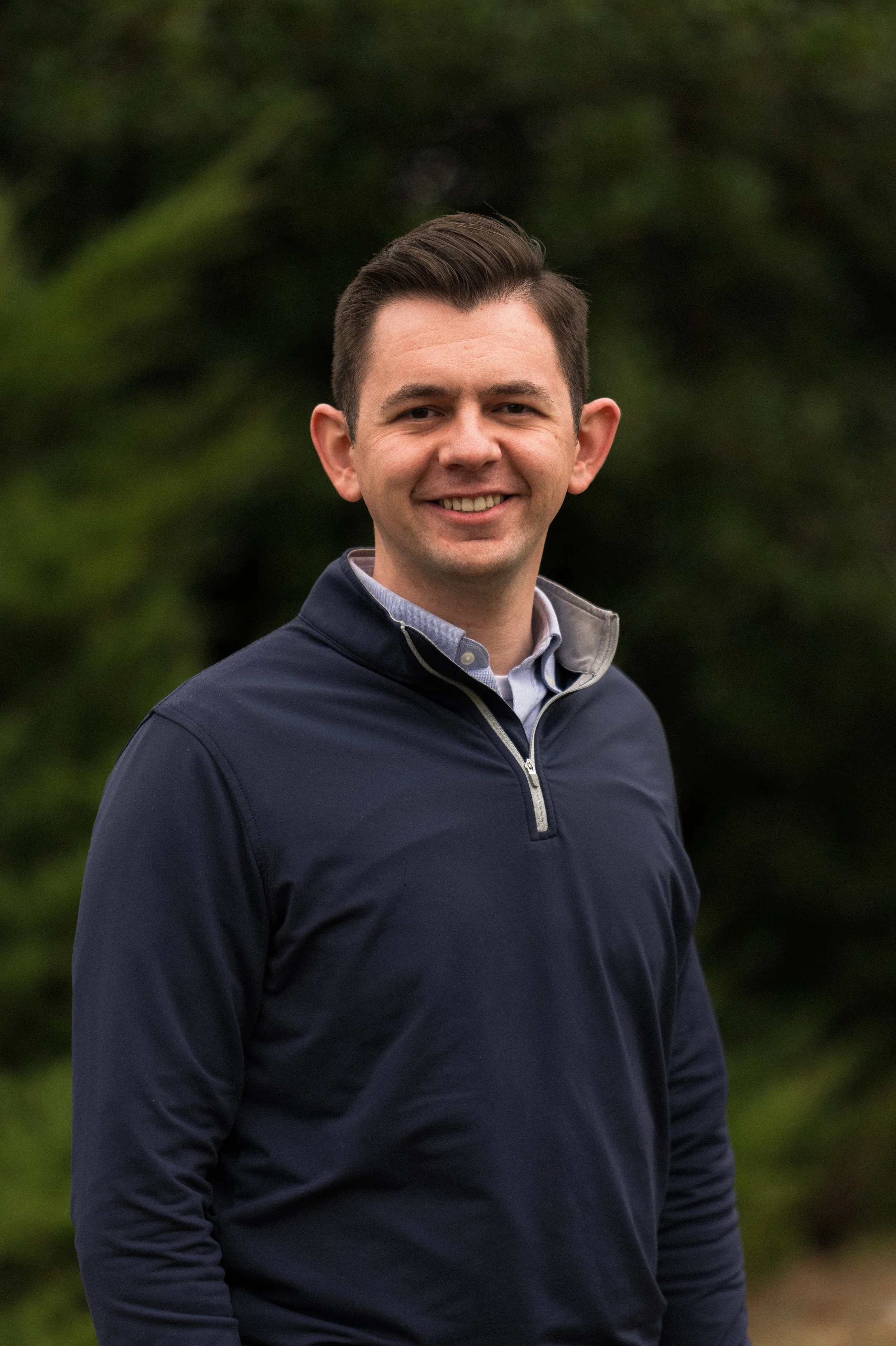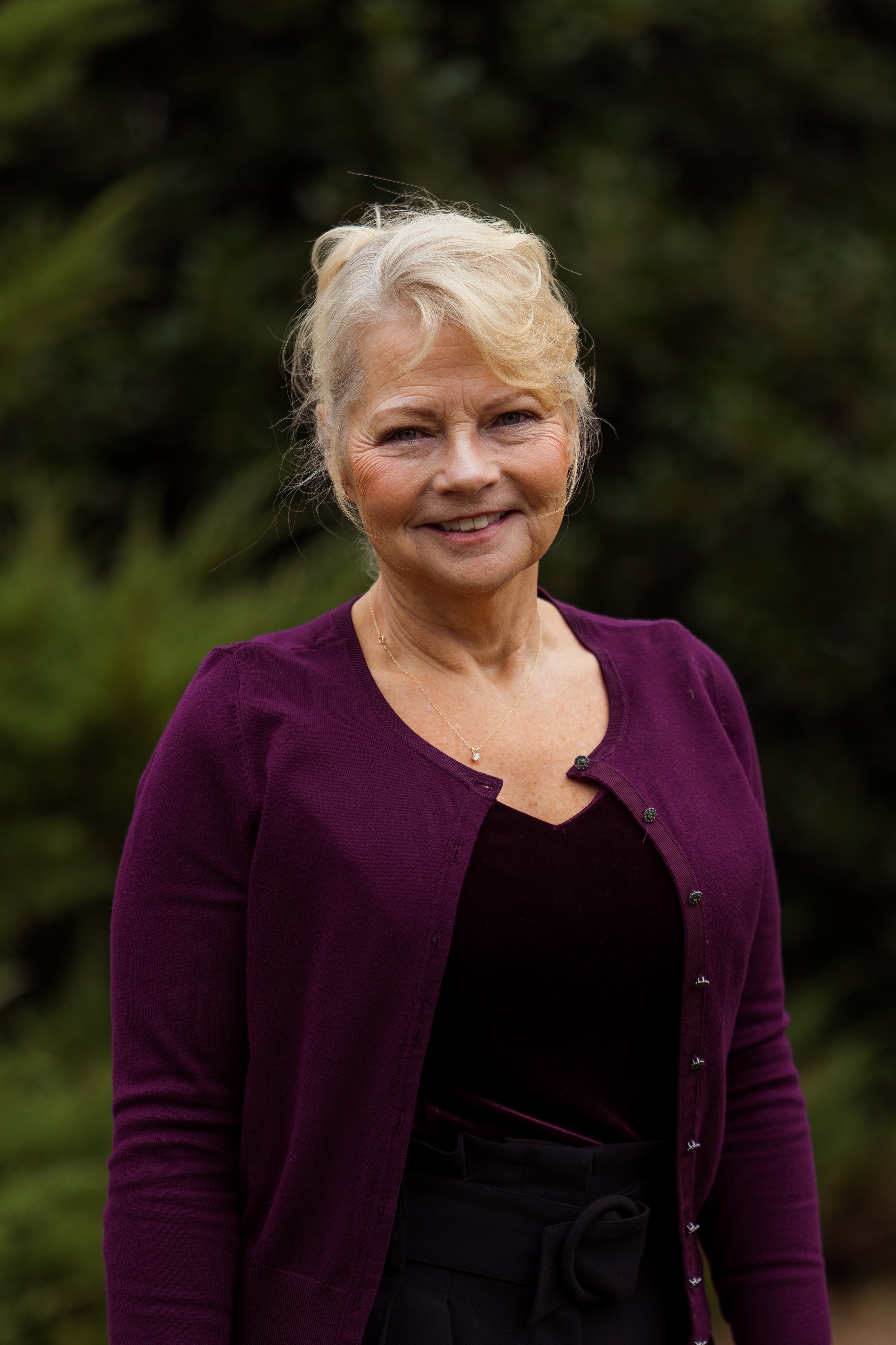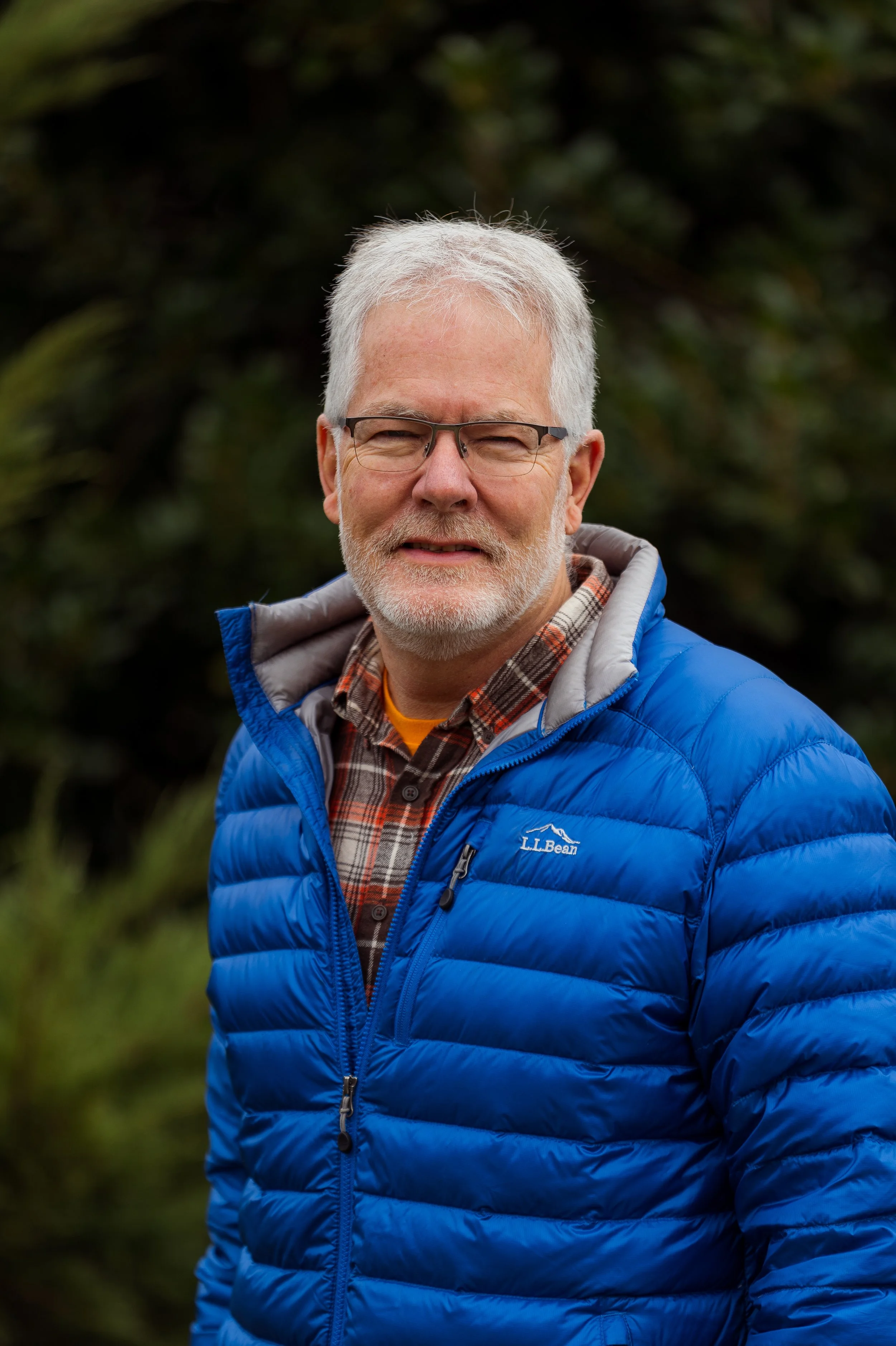The Role of Deacons in Care and Prayer
Care
A Ministry of Service and Mercy
Deacons are not merely administrators of tasks but servants of Christ’s church, called to reflect the compassion of our Savior in tangible ways. Their role is not to replace the broader church’s responsibility for mutual care but to lead by example, stirring the congregation toward acts of mercy and service (Acts 6:1–7, 1 Timothy 3:8–13).
Deacons are not tasked with fixing every sink, loading every moving truck, or mowing every lawn—but neither are they to shrink back from these things when needed. As they listen attentively to the real and present struggles of God’s people, they should be the first to offer help, embodying the servant-heartedness of Christ (Mark 10:45). In this way, they not only fulfill practical needs but also demonstrate a gospel-shaped life for the rest of the church.
Their aim should be, as far as it is within their means, to ensure that no member of Christ’s body is neglected in their practical needs (Galatians 6:10, James 1:27).
Deacons serve as a bridge between the pastoral leadership and individual members, ensuring that urgent needs are brought to the appropriate staff or elders, who will provide oversight and spiritual care as needed.
Prayer
Shepherding Through Intercession
The deacon’s ministry is not merely logistical but profoundly spiritual. They do not serve out of obligation or duty but out of love for Christ and His people (John 13:34–35). Their care should be deeply relational, persistent, and rooted in prayer.
Each month, deacons will proactively reach out to each of their assigned families (typically the head of household) to check on their well-being, using questions that help assess both spiritual and practical needs:
How are you and your family?
How can we be praying for you?
Is there anything you need help with or have questions about?
Have you had to miss any church gatherings in the past month? If so, why?
Through these ongoing conversations and intercession, deacons serve as shock absorbers, helping to bear the burdens of the body (Galatians 6:2). Their role is not to provide pastoral counseling or doctrinal instruction but to listen, pray and ensure that any deeper needs are brought to the appropriate shepherds (elders or pastors).
Deacons are not simply servants of physical needs but stewards of God’s mercy in the local church. They ensure that no member of Christ’s body is overlooked, demonstrating to the world a church that genuinely loves both in word and deed (1 John 3:18).
Qualifications for Deacons
Paul lays out the qualifications for deacons in 1 Timothy 3:8–13
“[8] Deacons likewise must be dignified, not double-tongued, not addicted to much wine, not greedy for dishonest gain. [9] They must hold the mystery of the faith with a clear conscience. [10] And let them also be tested first; then let them serve as deacons if they prove themselves blameless. [11] Their wives likewise must be dignified, not slanderers, but sober-minded, faithful in all things. [12] Let deacons each be the husband of one wife, managing their children and their own households well. [13] For those who serve well as deacons gain a good standing for themselves and also great confidence in the faith that is in Christ Jesus.”
As officers of the Church, the role of deacon comes with great responsibilities and high standards. Like pastors, deacons are to possess lives that are shaped by the gospel. They must be respectable men and women who are well thought of by the church. Moreover, they must be willing and able to serve a two-year term as a deacon.
We understand the qualifications
for deacons as follows:
Dignified:
They are people who are taken seriously by the church body and are worthy of honor and respect.Not double-tongued:
They are not gossipers, nor are they two-faced.Not addicted to much wine:
They are able to exercise self-control as a pattern in their lives. They are not characterized by overindulgence.Not greedy for dishonest gain:
This position isn’t an opportunity for them to “ascend the ranks” and gain power and influence for selfish reasons.Hold the mystery of the faith with a clear conscience:
They know what they believe and why. They are able to communicate clearly the gospel and are confident with a Bible in their hands.
Tested first, proven blameless:
The church should think that it makes sense that a particular person serves as a deacon. This implies that they are already fulfilling this role to some degree before they’re ever asked.
Not slanderers:
They are people who love the church and the body. They won’t use sensitive information to gossip or revile. Their hearts break with and for the people, as well as rejoice over and alongside them. They can be trusted with sensitive information.Husband of one wife:
They are faithful to their spouses (if married) and are not leading lifestyles of sexual sin and unfaithfulness.Manage their households well:
The affairs of their own lives are in order. They are able to manage the stress of personal devotions, family care, work, etc. alongside the responsibilities that being a deacon will bring.
How Deacons Are Appointed
Following the model of Acts 6, deacons must be recommended by church members. The easiest way for individual church members to nominate those they think are best suited to fulfill the role is through Life Groups, Sunday School, or other LifePoint Ministries. These community members may nominate someone they believe best fits the role of deacon.
If there is someone you wish to nominate as a deacon at LifePoint Church, please email charity@lifept.org with your recommendation.
Additional Resources
Does the Bible Support Female Deacons? Yes. by Thomas Schreiner
Deacons: Sincere by Thabiti Anyabwile
I’m a Complementarian, But… Women Can Be Deacons by Thabiti Anyabwile
What’s the Difference between Elders and Deacons? by Isaac Adams
The Complementarian Woman: Permitted or Pursued? by Jen Wilkin
The Role of Women in Ministry from The Village Church Resources
Leadership Roundtable: Elders, Deacons & Staff from The Village Church Resources
Can Women Be Deacons? by Andreas Köstenberger
Can women be pastors or deacons? by Stephen J. Wellum
List of Deacons
Smyrna Campus Deacons
Adam Alderman
Bryan Amerine
David Baker
Susan Beasley
Tony Beasley
Rob Beaird
Candace Bellin
Erick Blackwood
Craig Brooks
Kristi Brown
Stacia Buford
Wesley Bush
Jeremy Byrd
Hubert Comer
Marilyn Comer
Brownlyn Copeland
Jeffery Copeland
Anabell Corneilo
Walter Corneilo
Christy Cox
Gregory Creasey
Mary Curry
Emily Dale
Jorge Delgado
John DeMeester
Tonny Duenas
Brittany Dyer
Josh Dyer
Aaron Elliott
Tara Elliott
Robert Evras
Aaron Feenstra
Bonnie Flora
Gerald Flora
Scott Flora
David Frazier
Jon Frazier
Chris Freischlag
Kelly Galarza
Charles Gaulden
Linda Gaulden
Jana Gibson
Ashley Hale
Beverley Hamblin
Ed Hamblin
Tamara Hampton
Becky Henderson
William Henderson
Tina Hester
Kirsten Hicks
Michael Hicks
Michael Holland
Whitney Holland
Sarah Howard
Dannilyn Kraft
David Kraft
John Longmire
Joseph Maddox
Julia Martin
Rafael Martinez
Nancy McCormick
Dallas McLemore
Jacquelyn McMeen
Aarin McNabb
Aaron Meier
Julie Meier
Jim Merkling
Cade Mills
Charlie Mitchell
Gina Mitchell
Jeremey Morris
Jeremy Norris
Cynthia Page
Glen Page
Tad Parker
Lori Pavey
Larry Pavey, II
Jason Pitts
Bete Primm
Nathan Primm
Alice Pugh
Rodney Pugh
Hany Radwan
Emily Regen
Ethan Regen
Paula Regen
Russell Regen
Jody Roberts
Mark Roberts
Sabir Robinson
Agnes Russell
Rick Russell
Stevie Sanchez
Jason Scott
Mary Scott
Ken Sheffield
Reina Sheffield
David Shinn
Gloria Slate
Brian Smith
Curtis Smith
Karen Smith
Sherry Smith
Tasha Smith
Danny R. Smith Jr.
Mike Speirs
Kyle Strickland
Jaclyn Warren
Scott Warren
Carlos Watkins
Shanetha Watkins
Jeff Webber
James White
Serena White
Brett Whitmore
Kris Whitt
Brian Willoughby
Tara Willoughby
Scott Wilson
Paul Wingler
Dann Zehr



